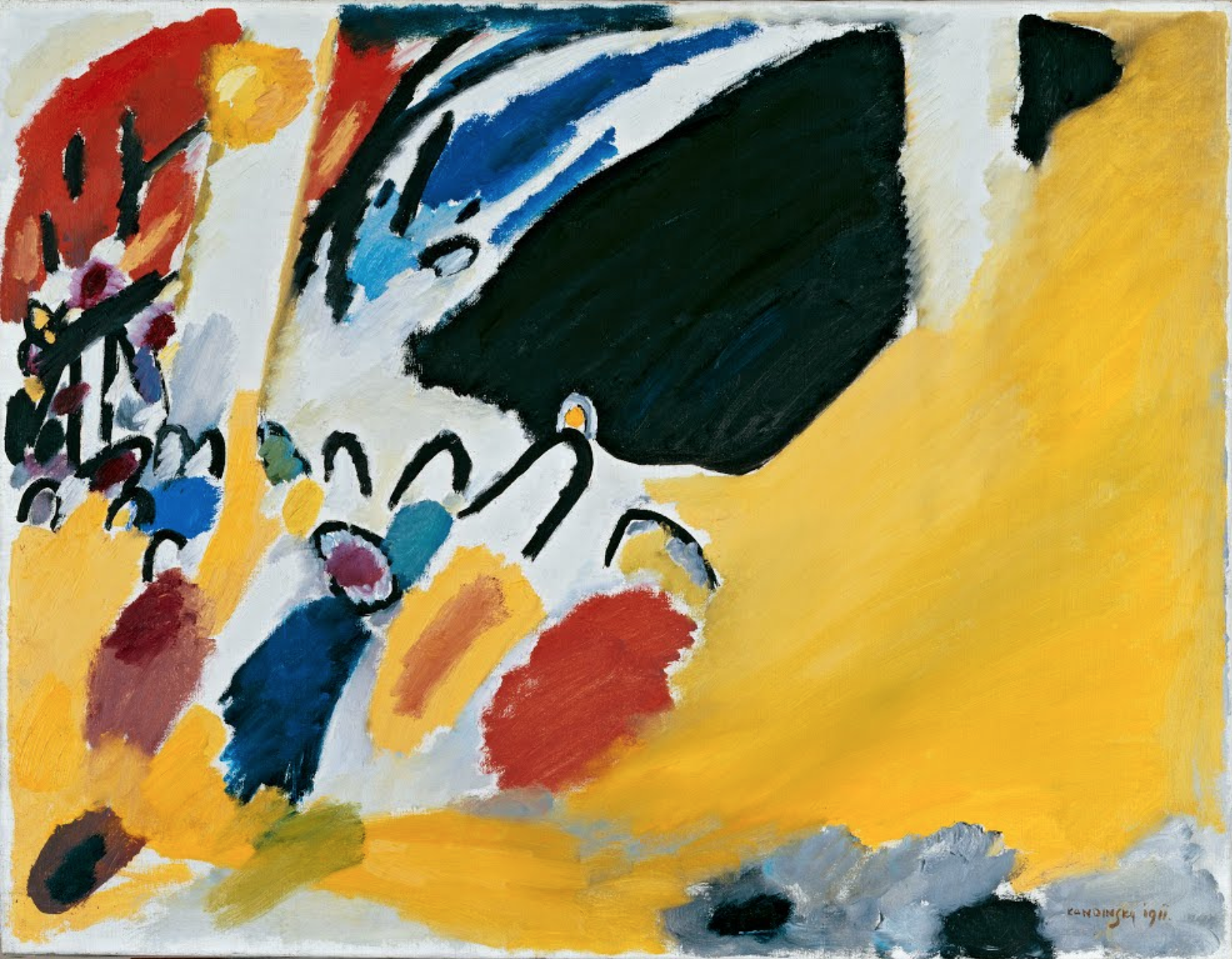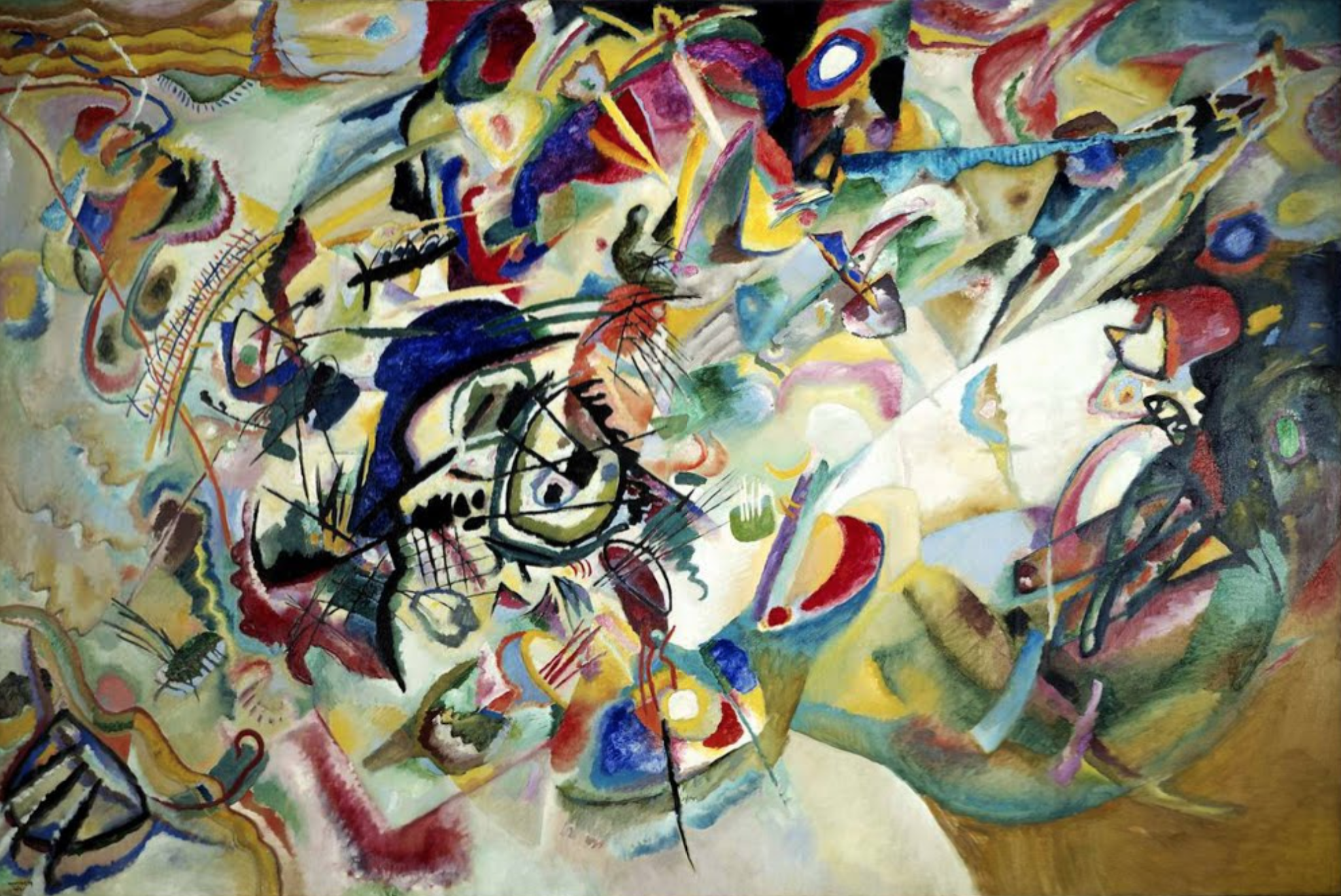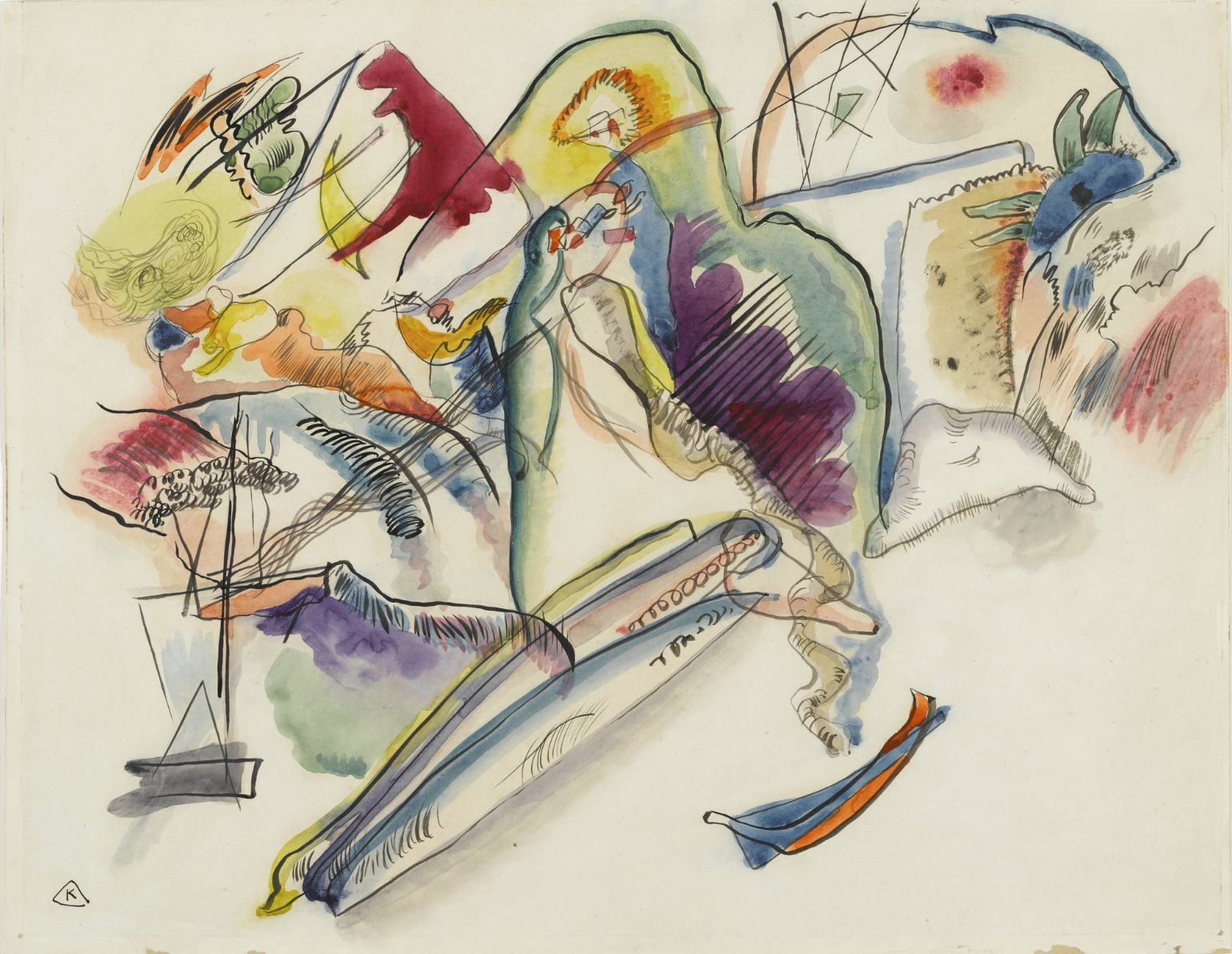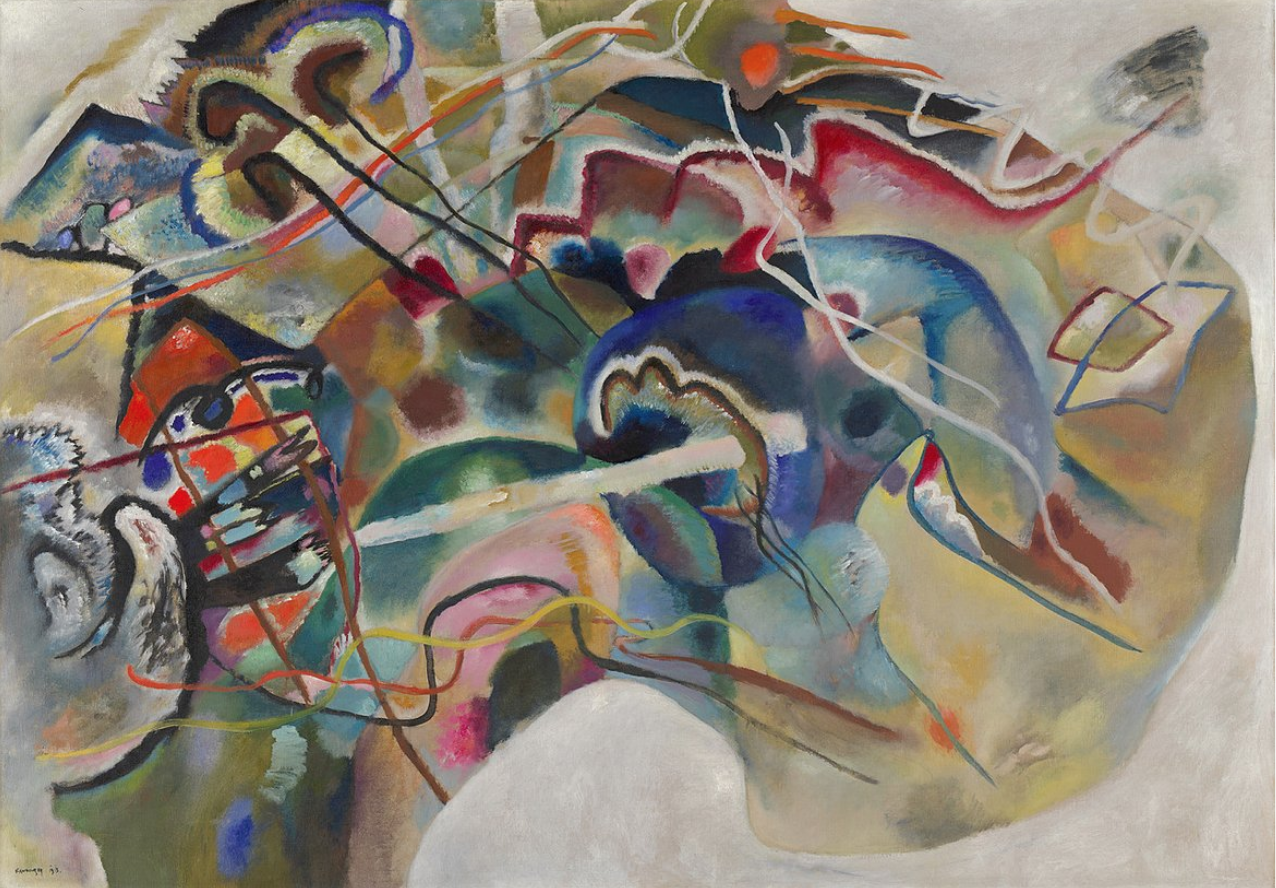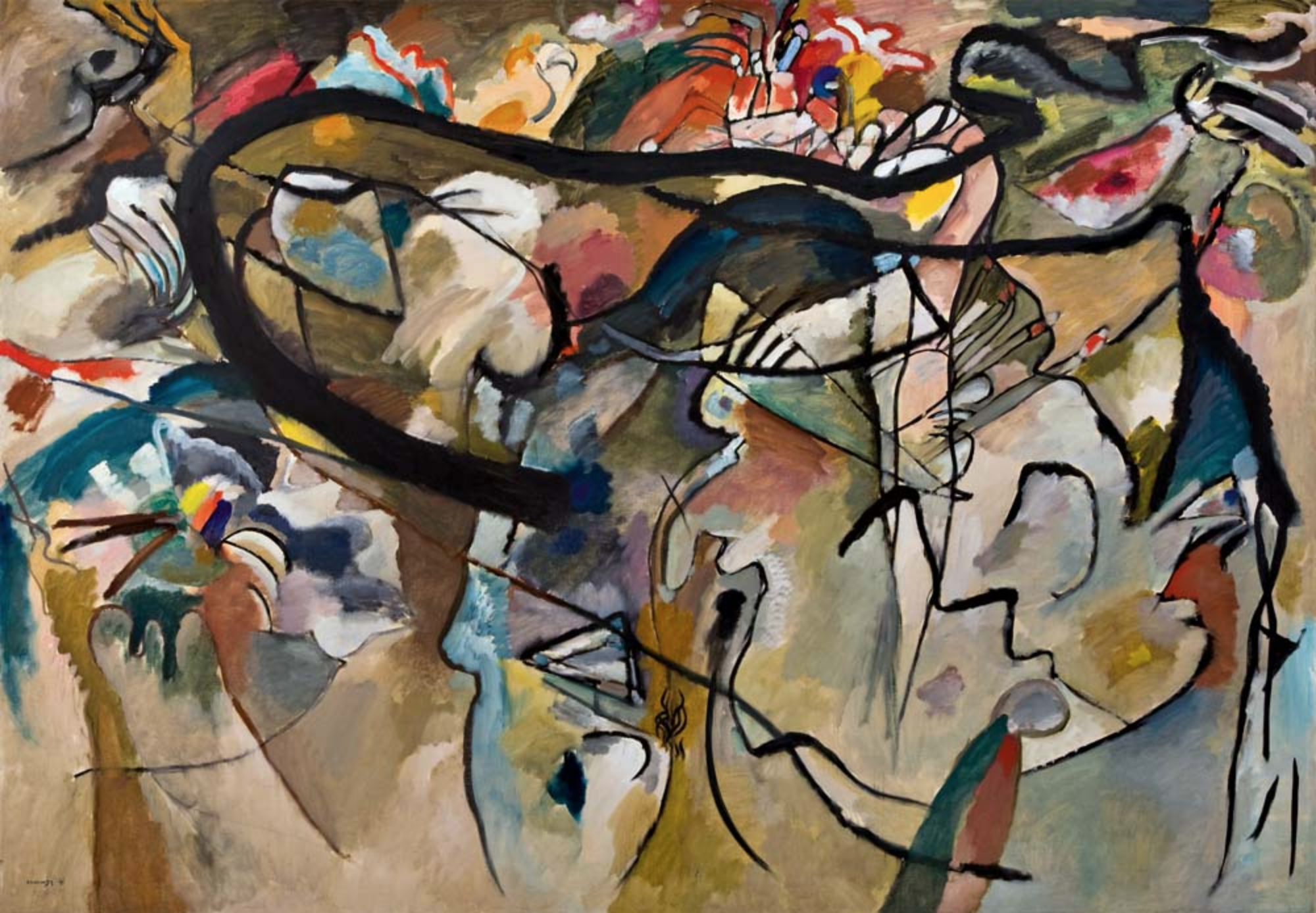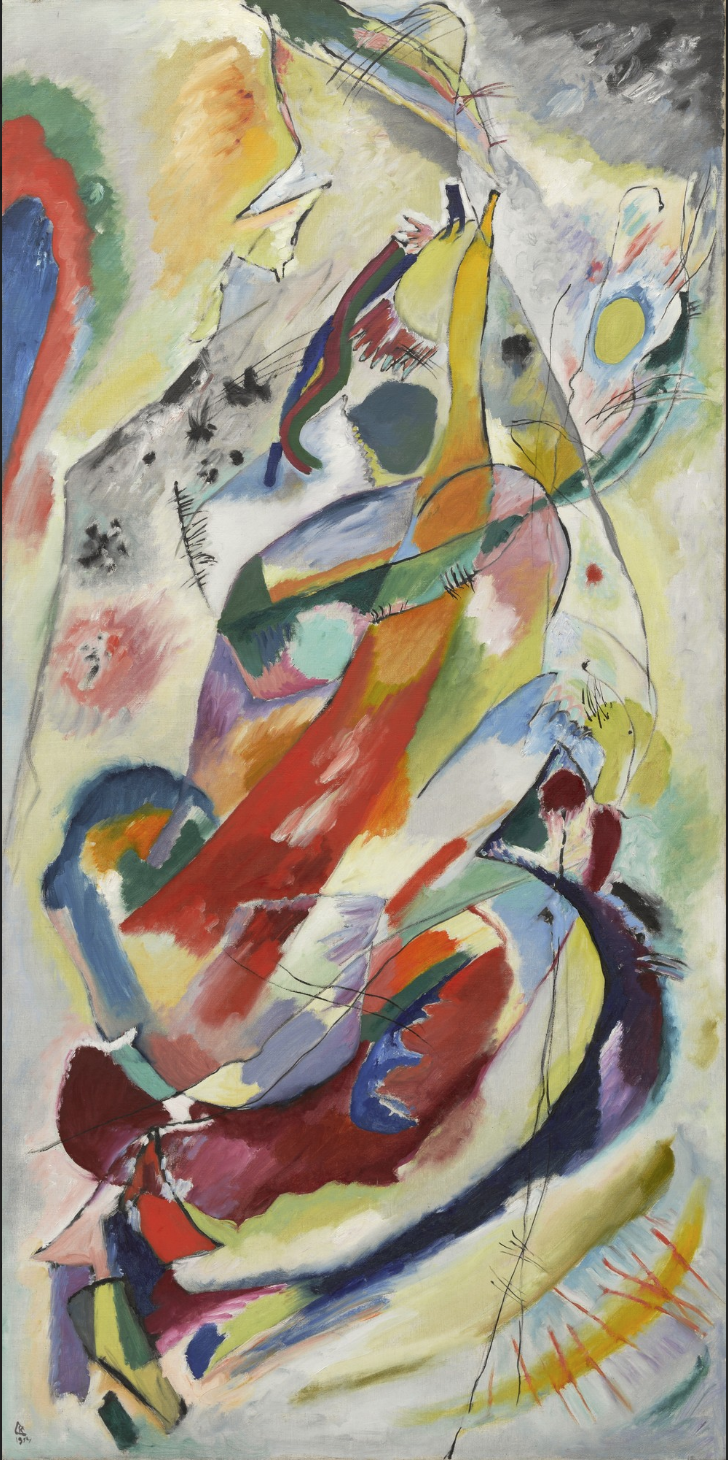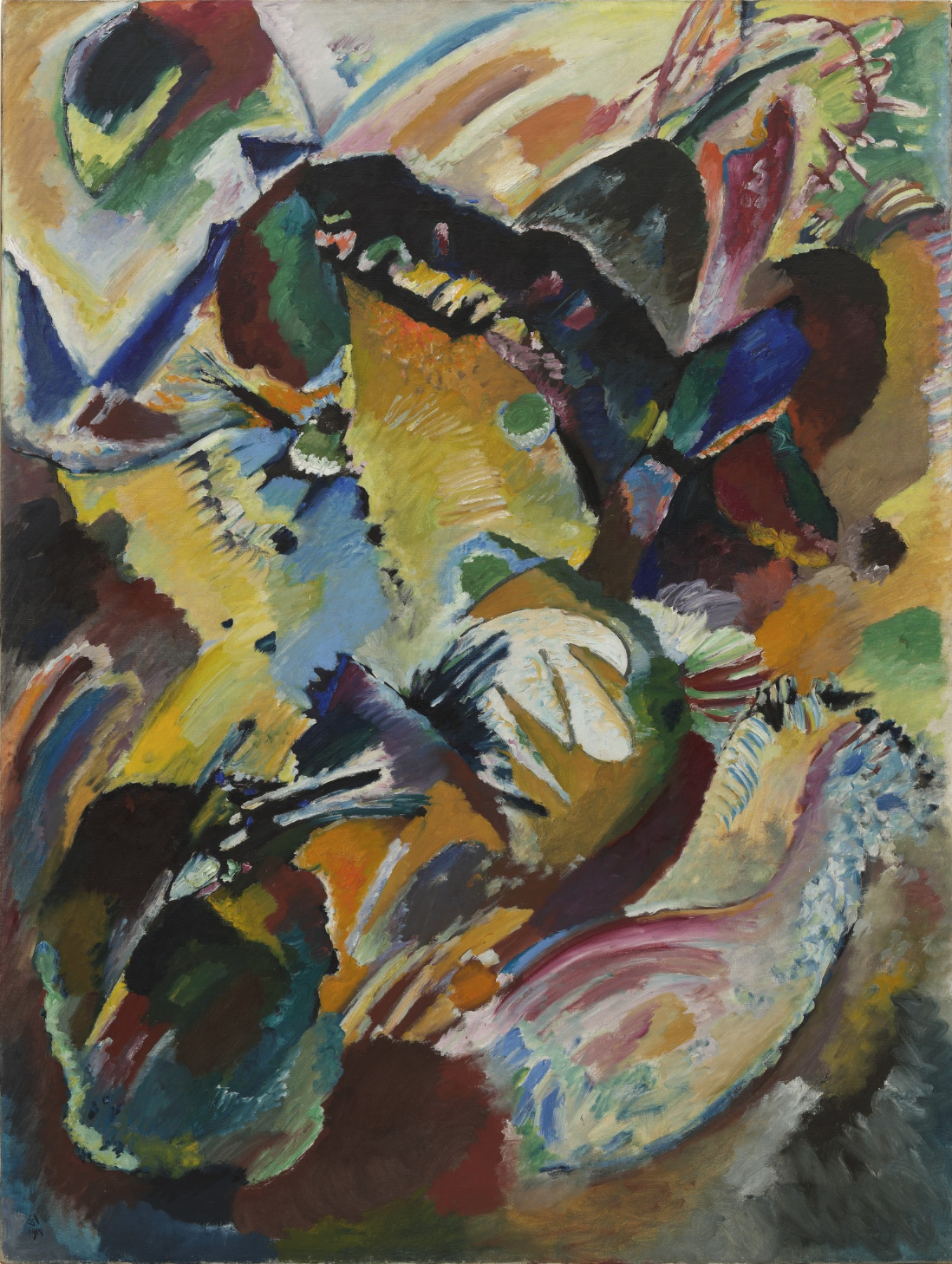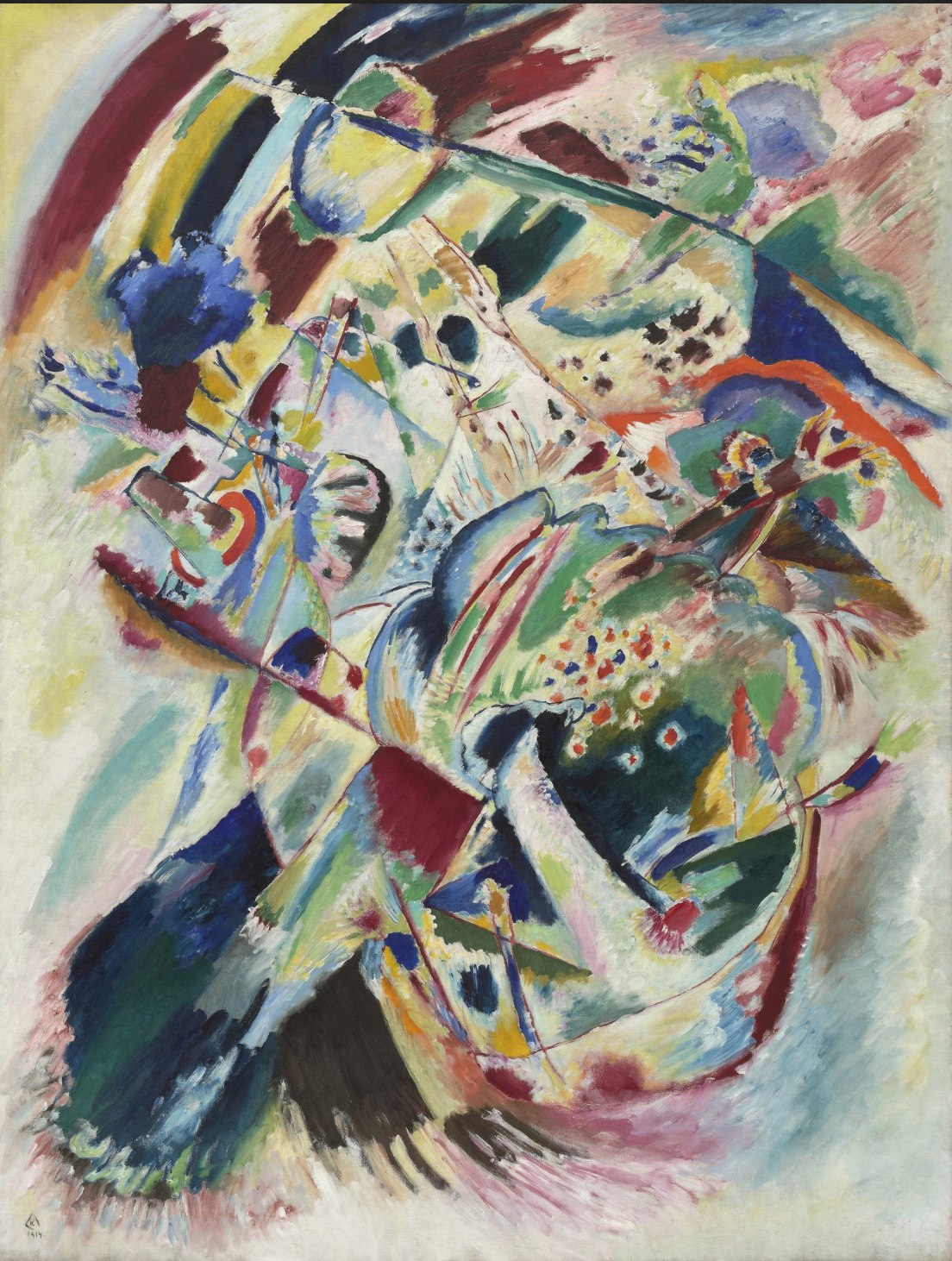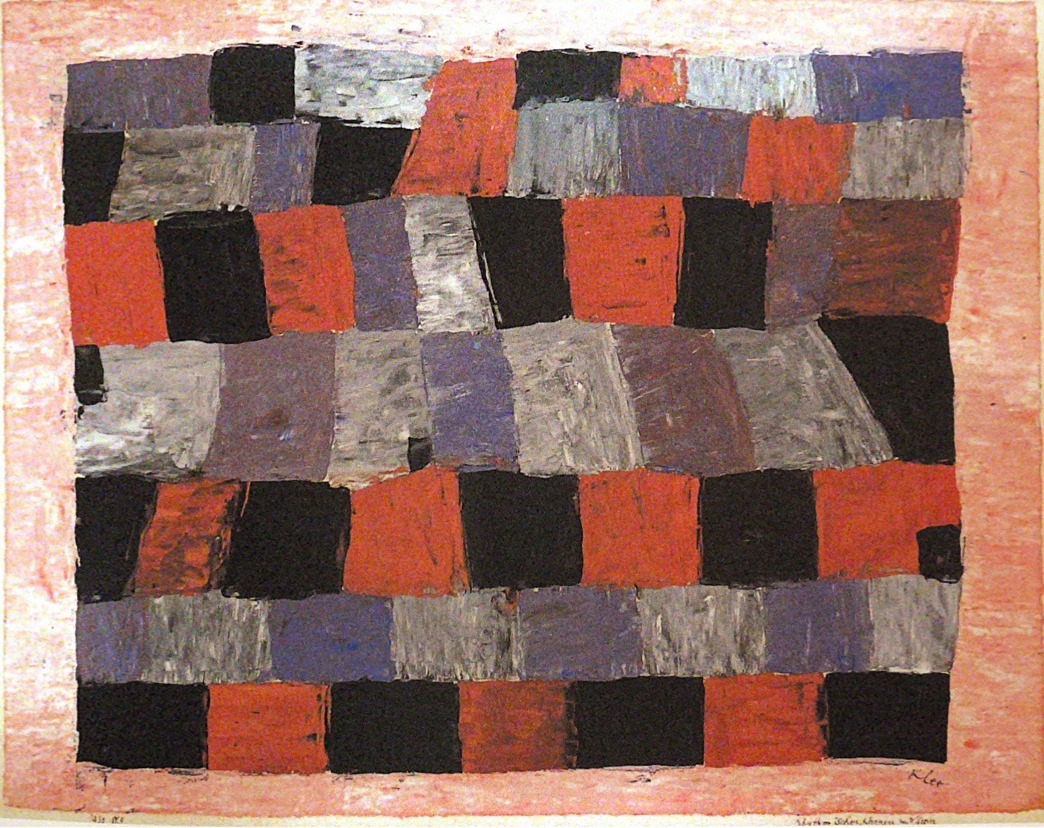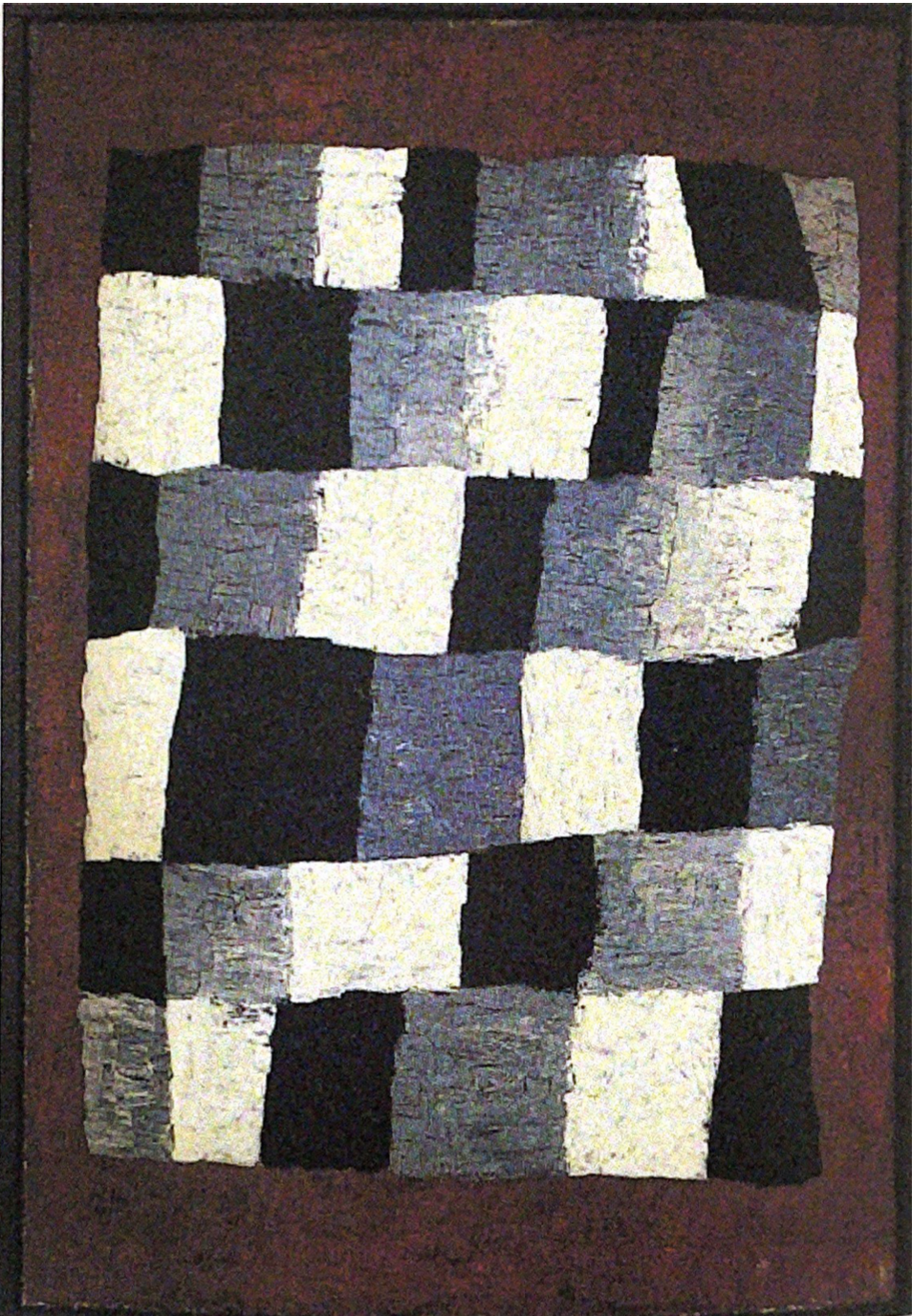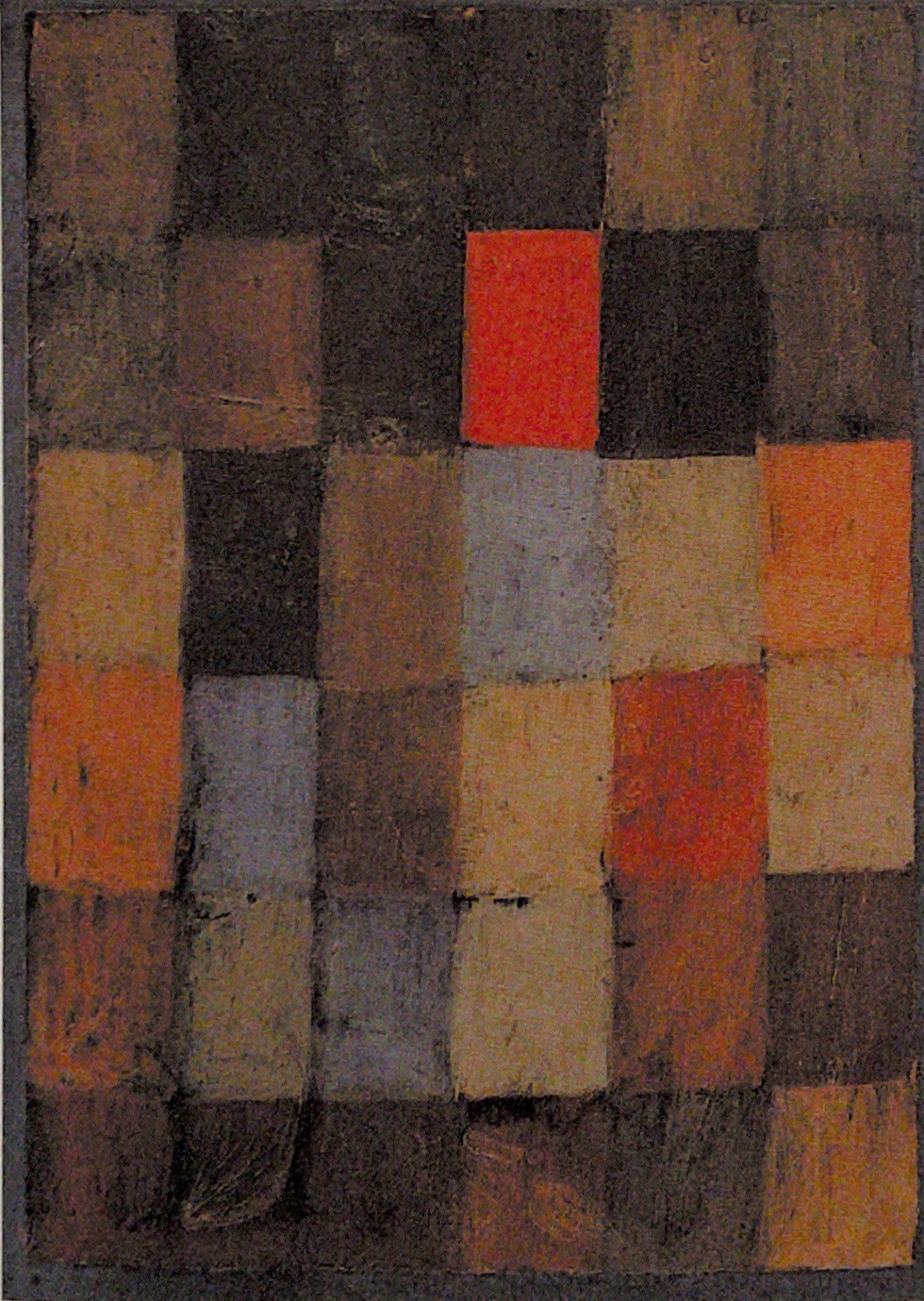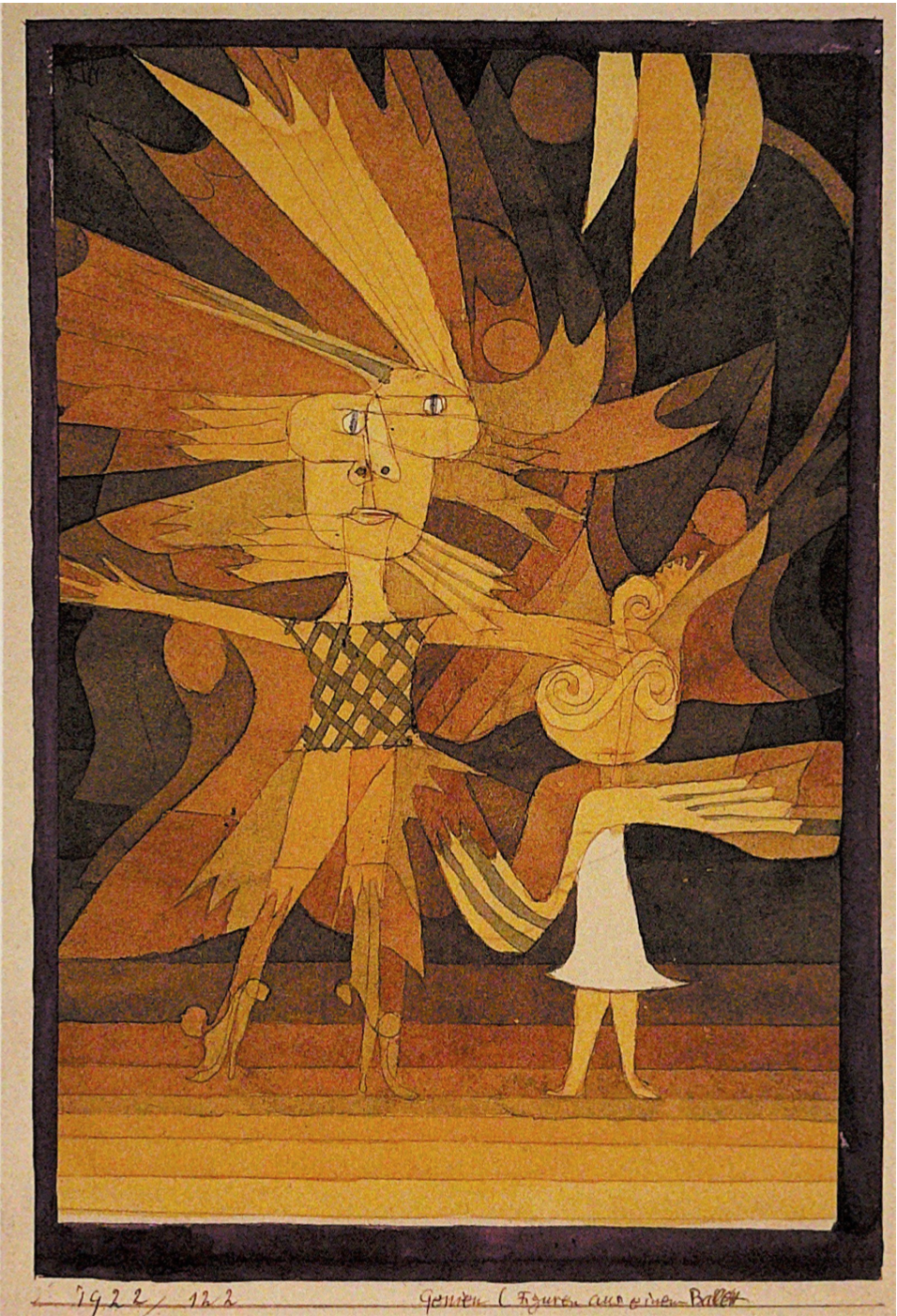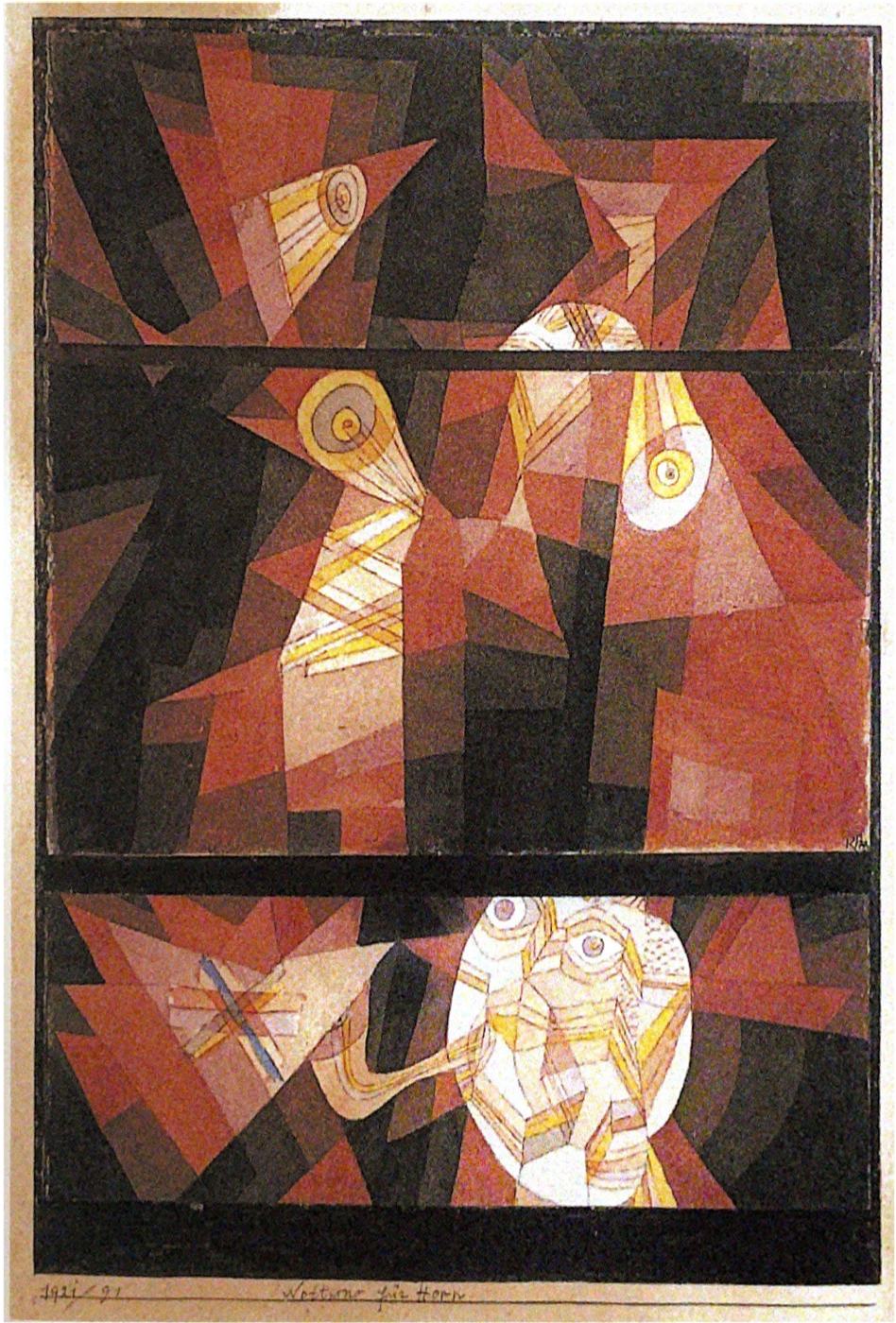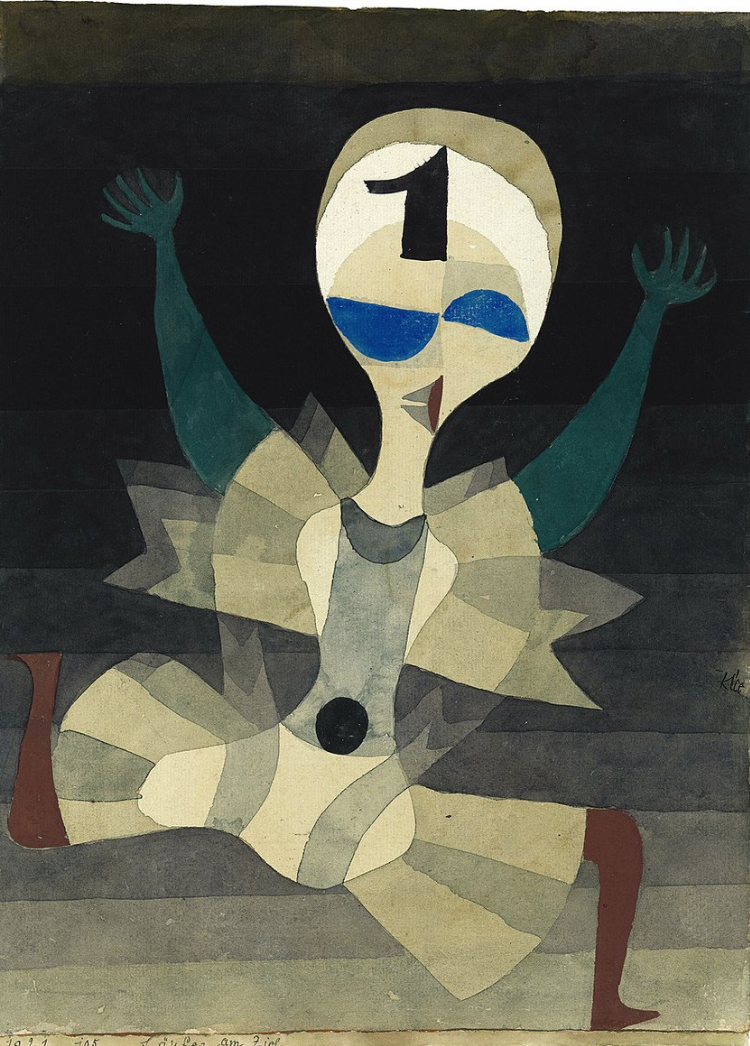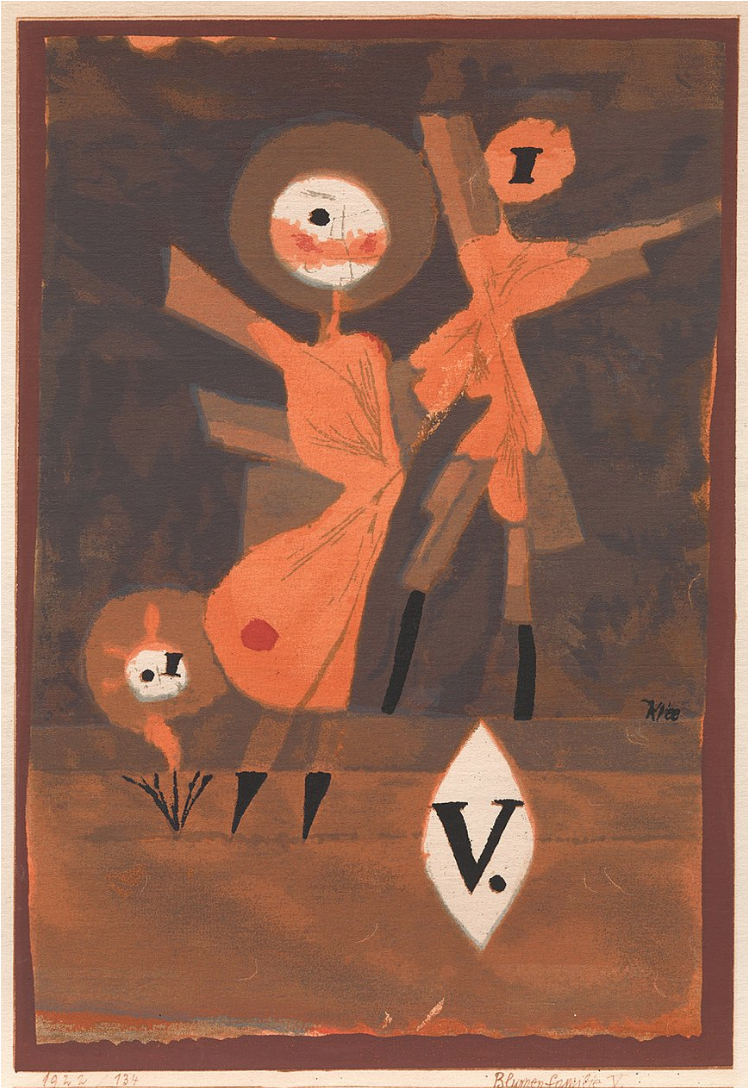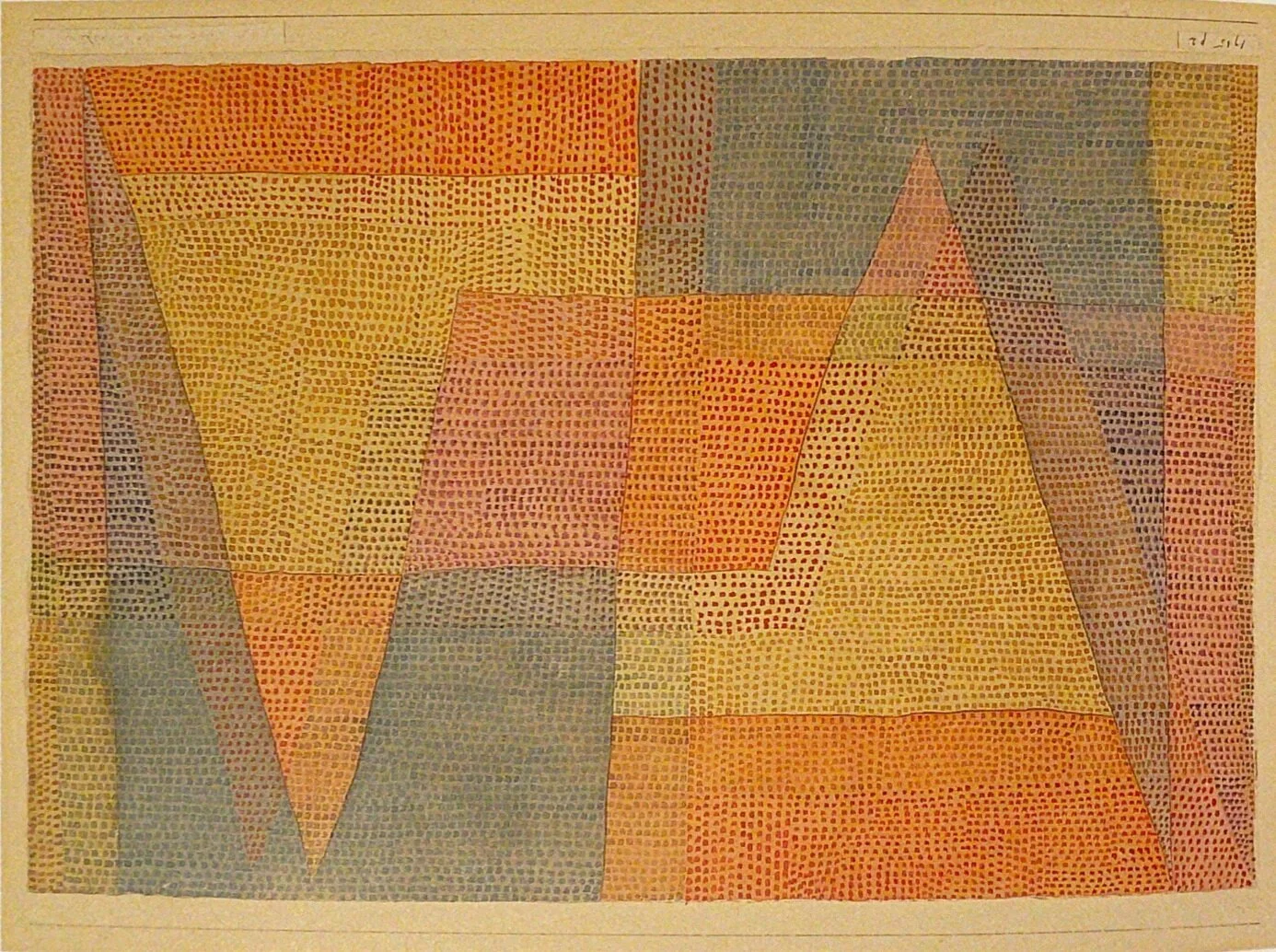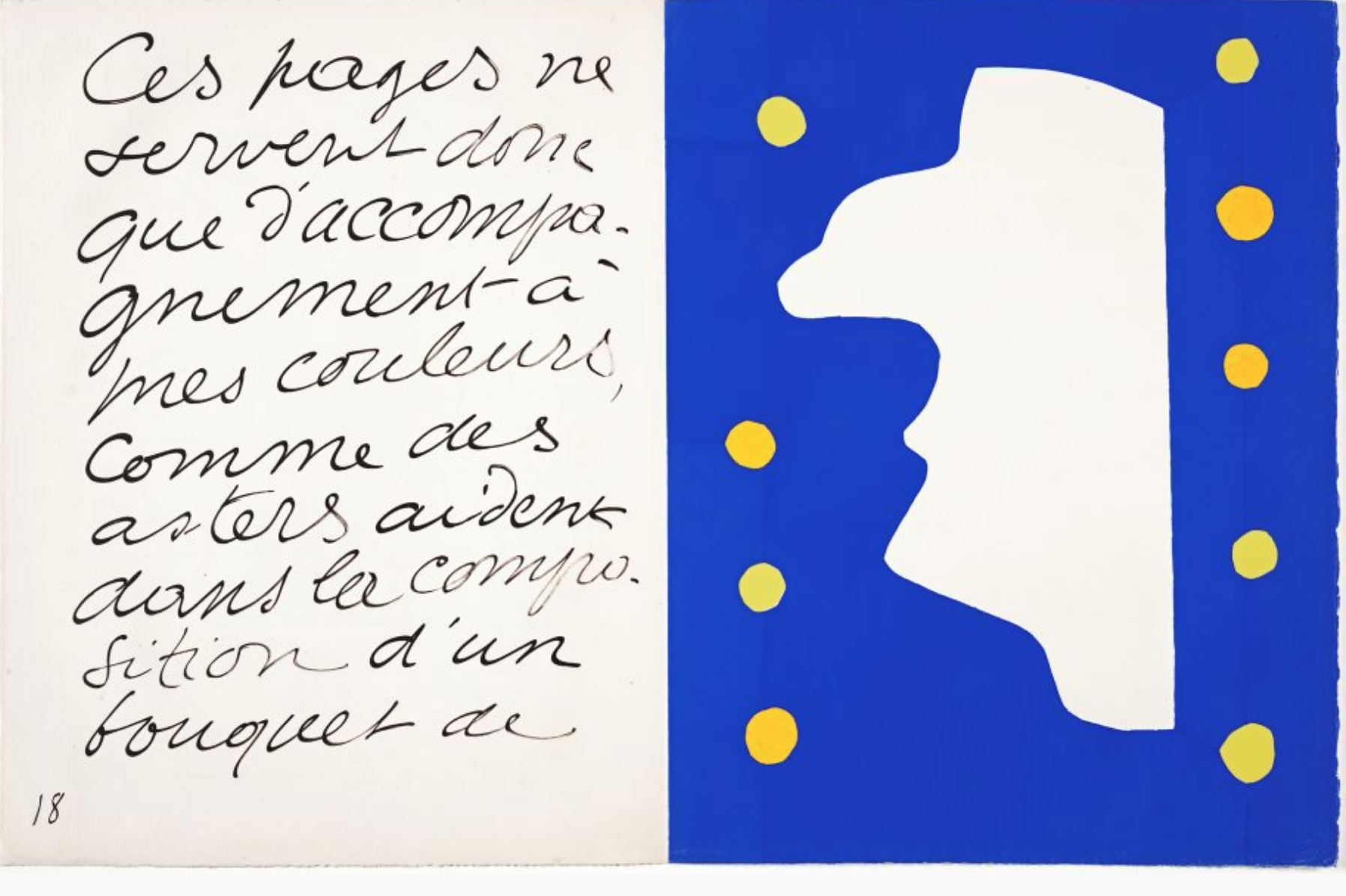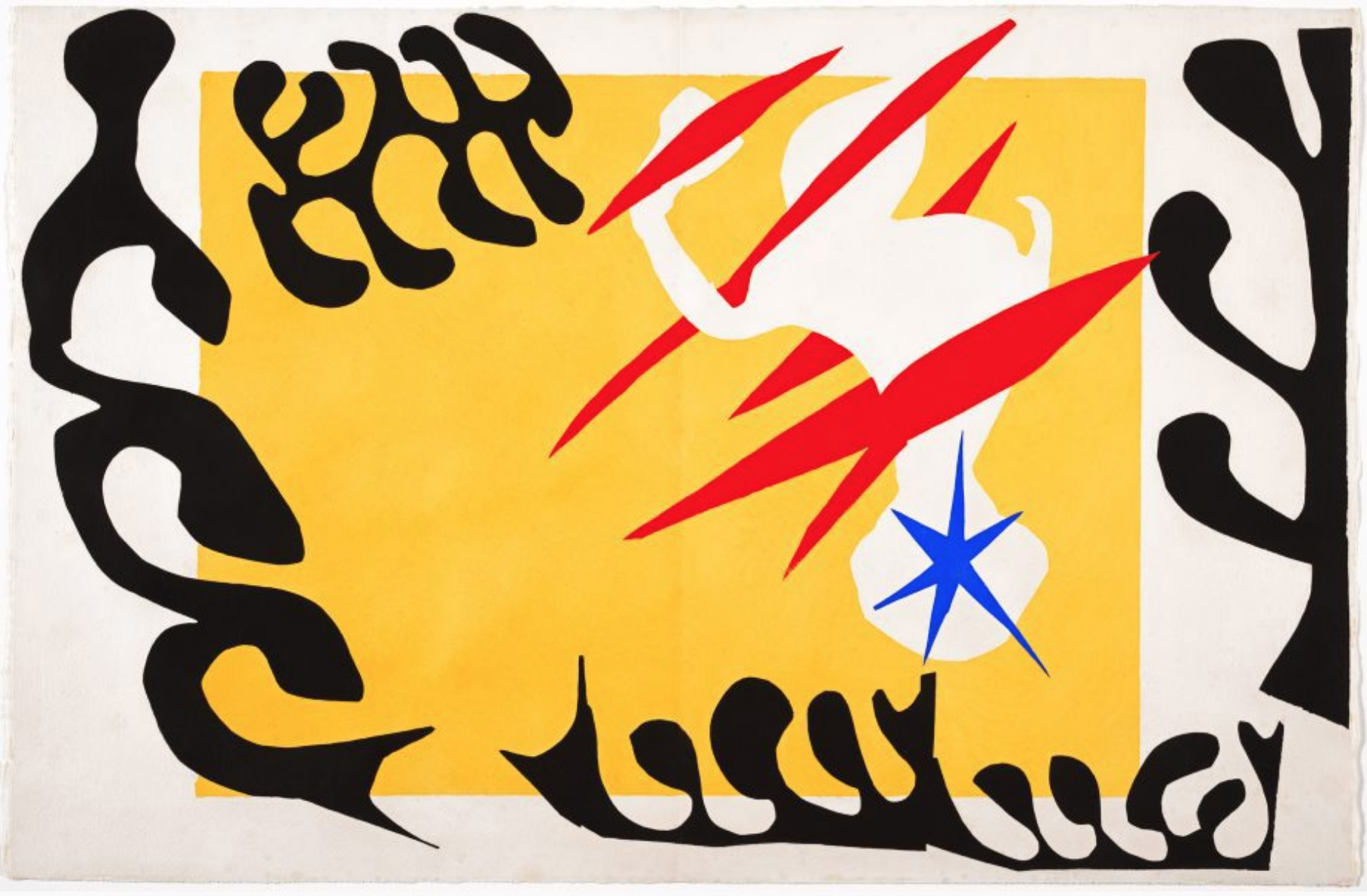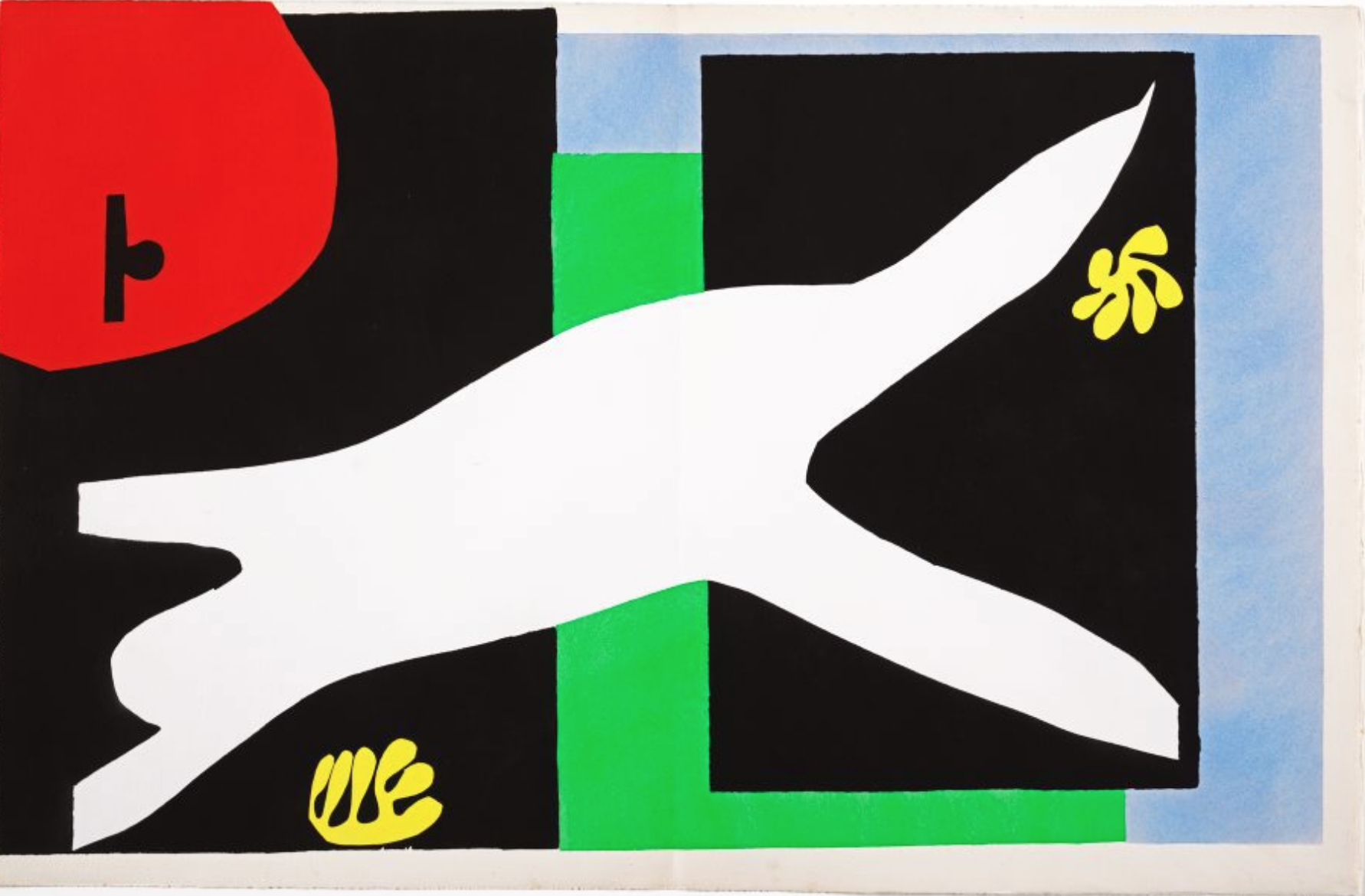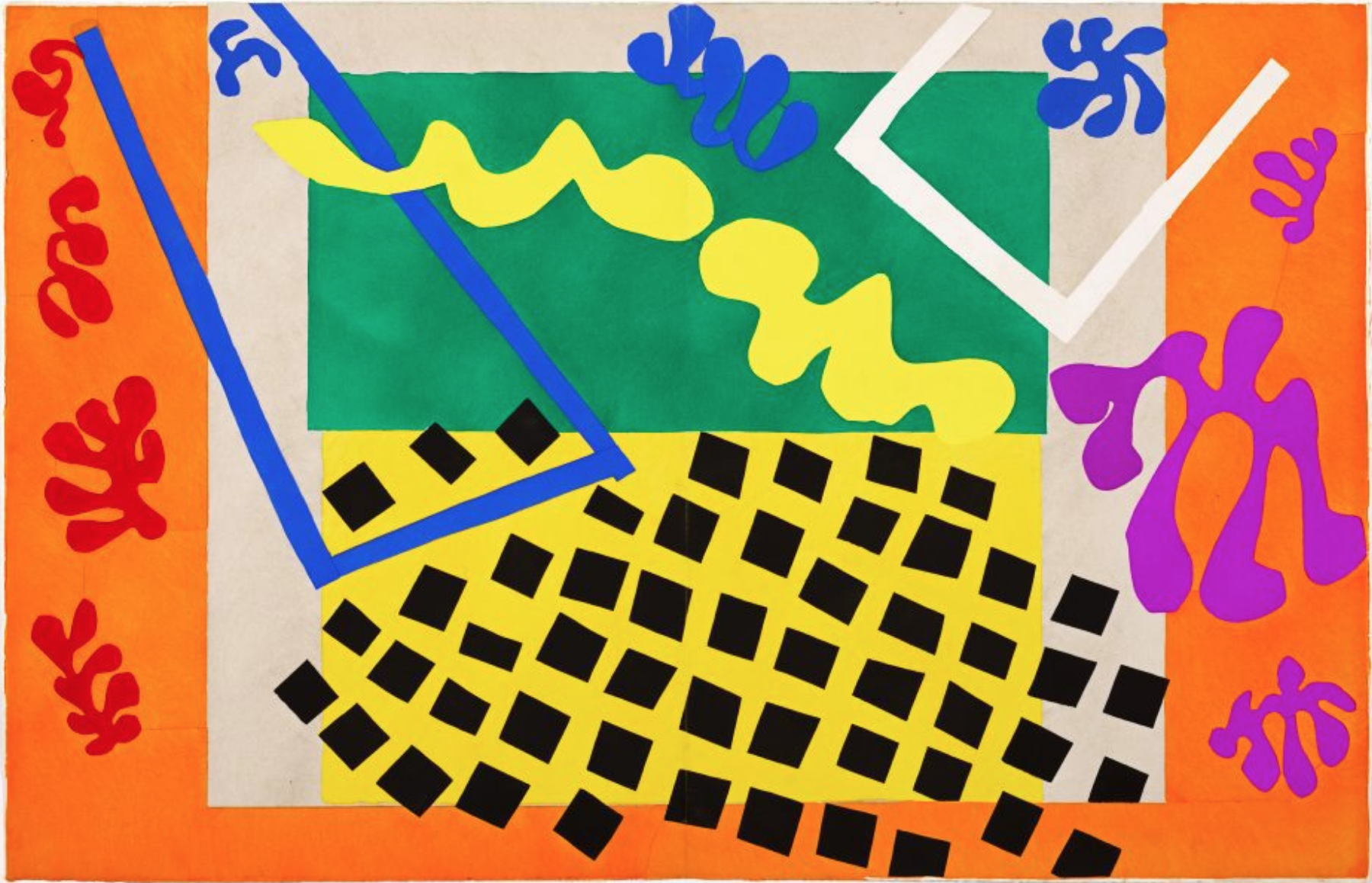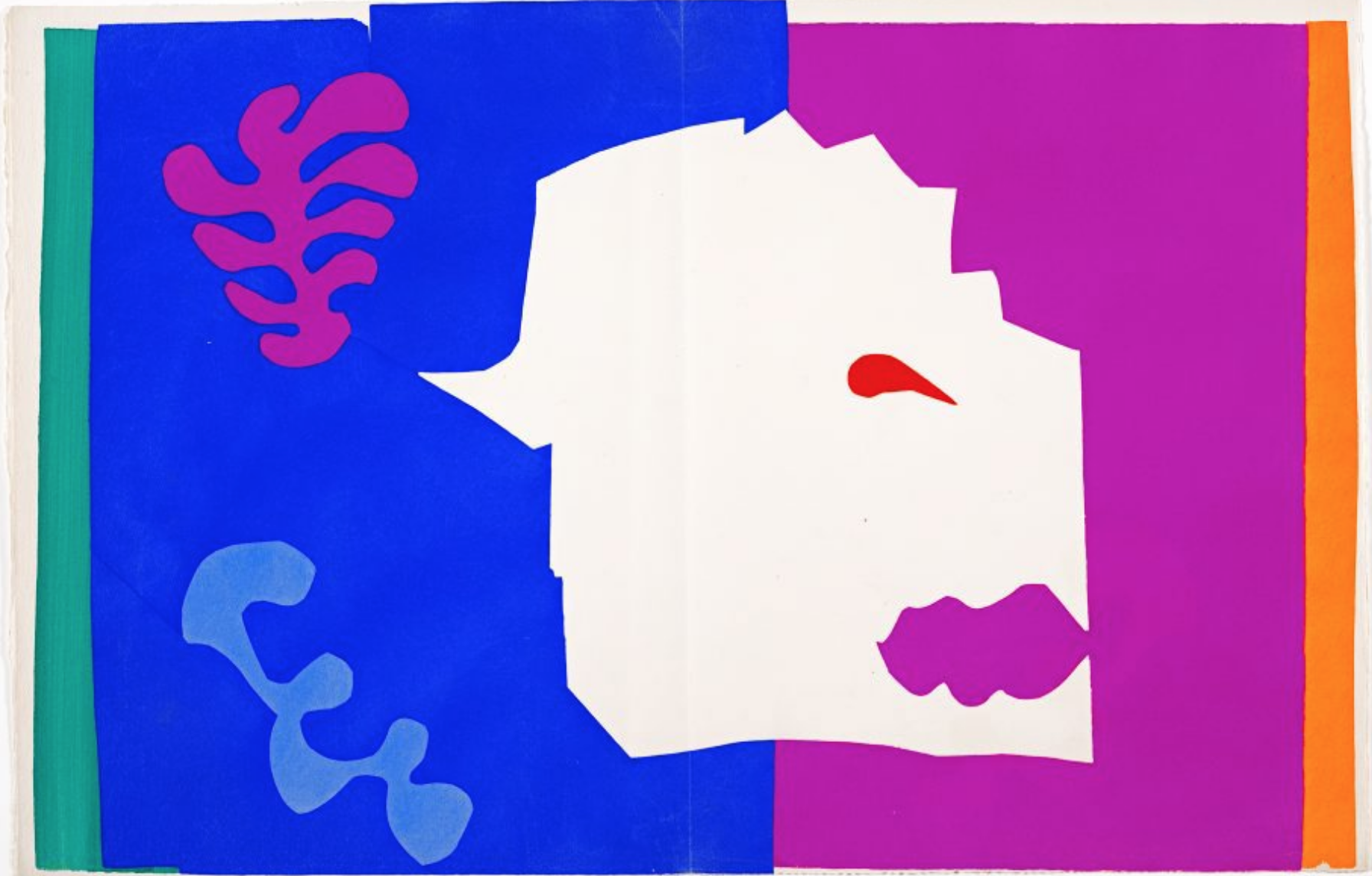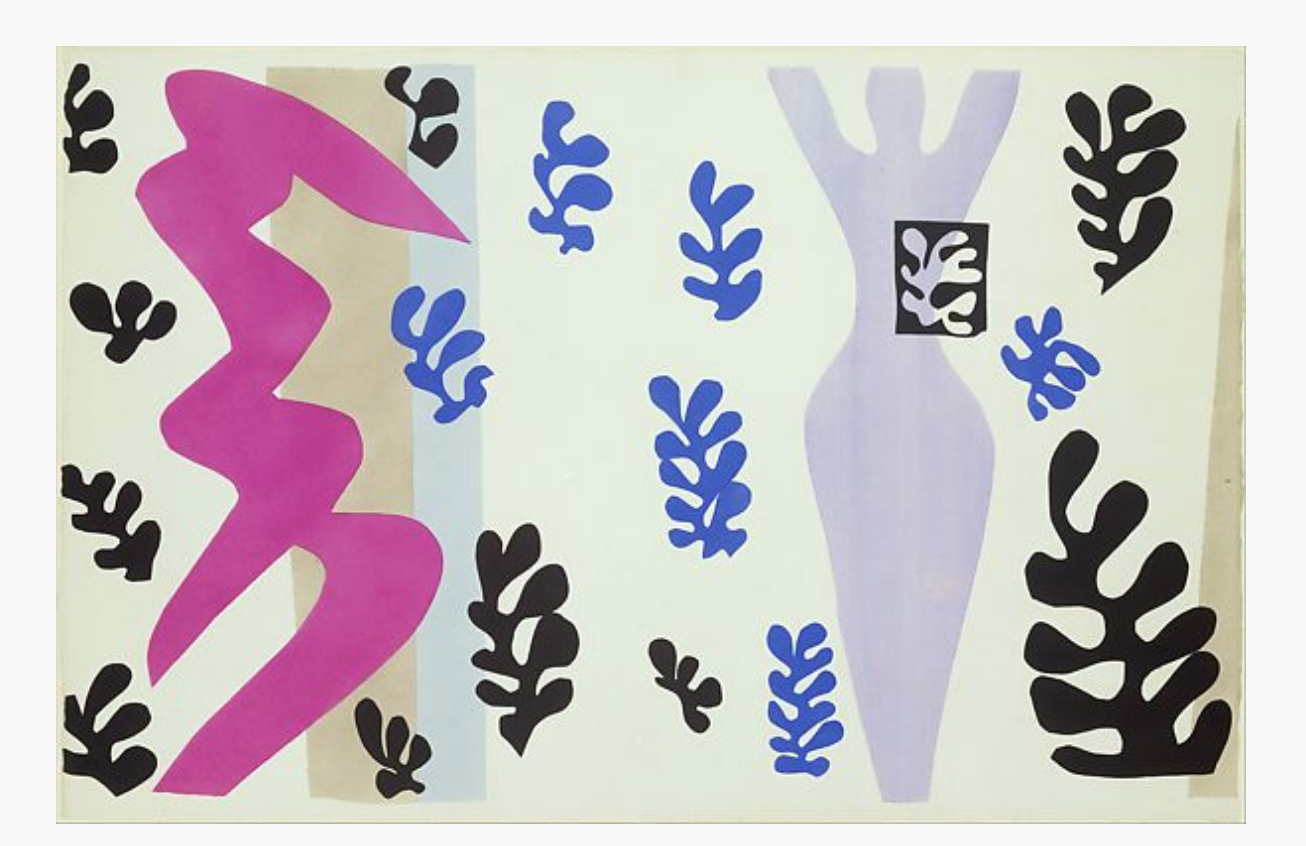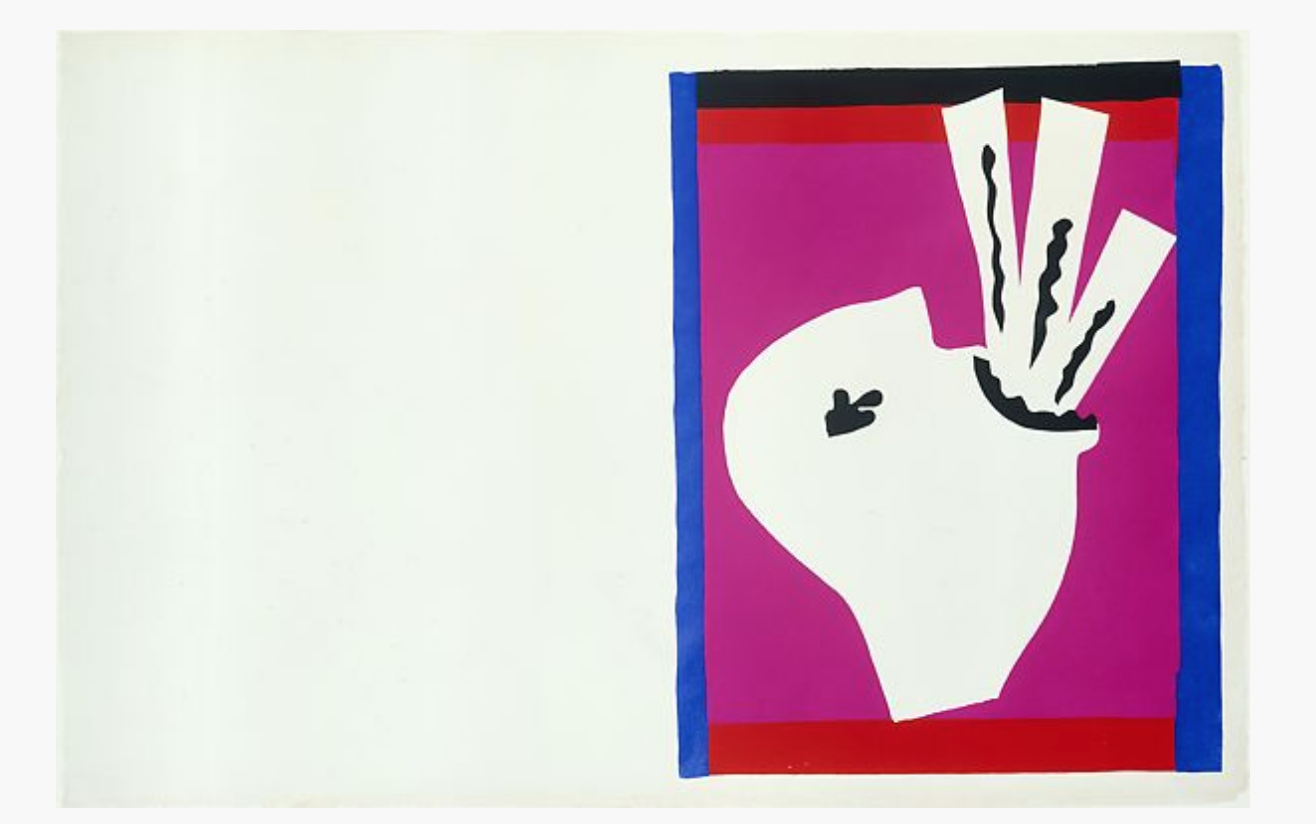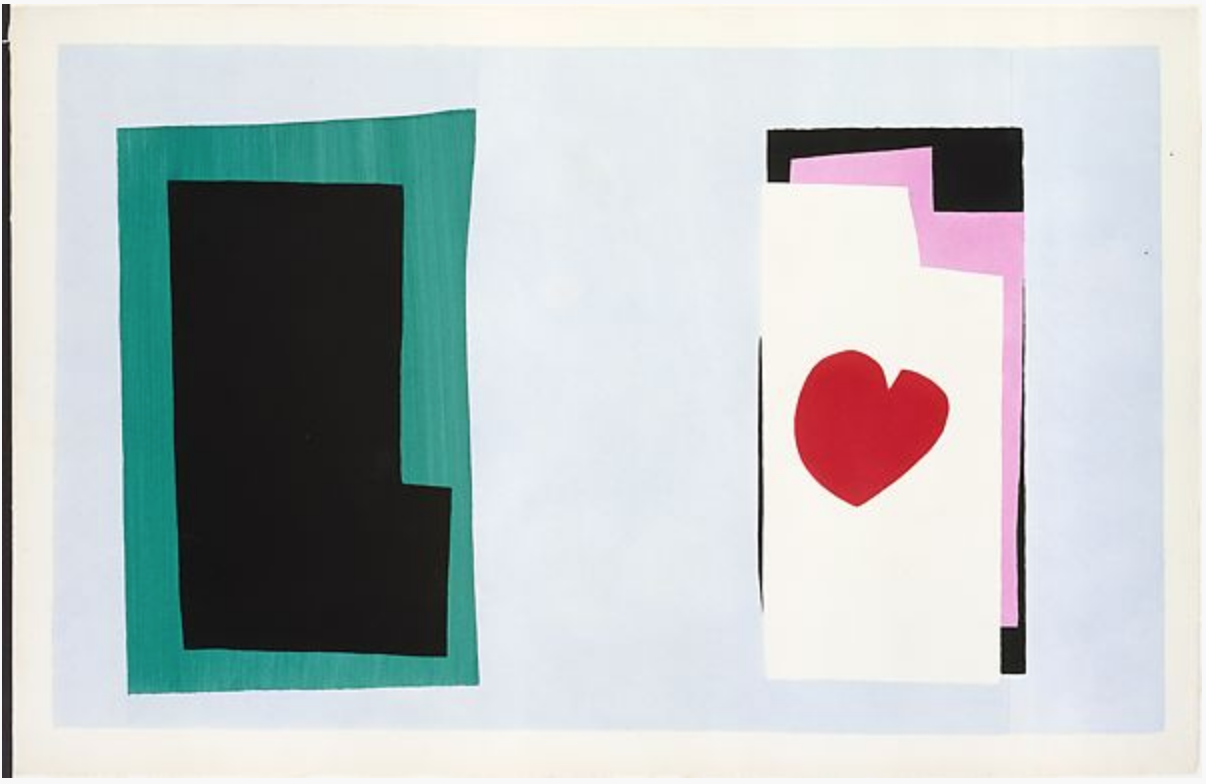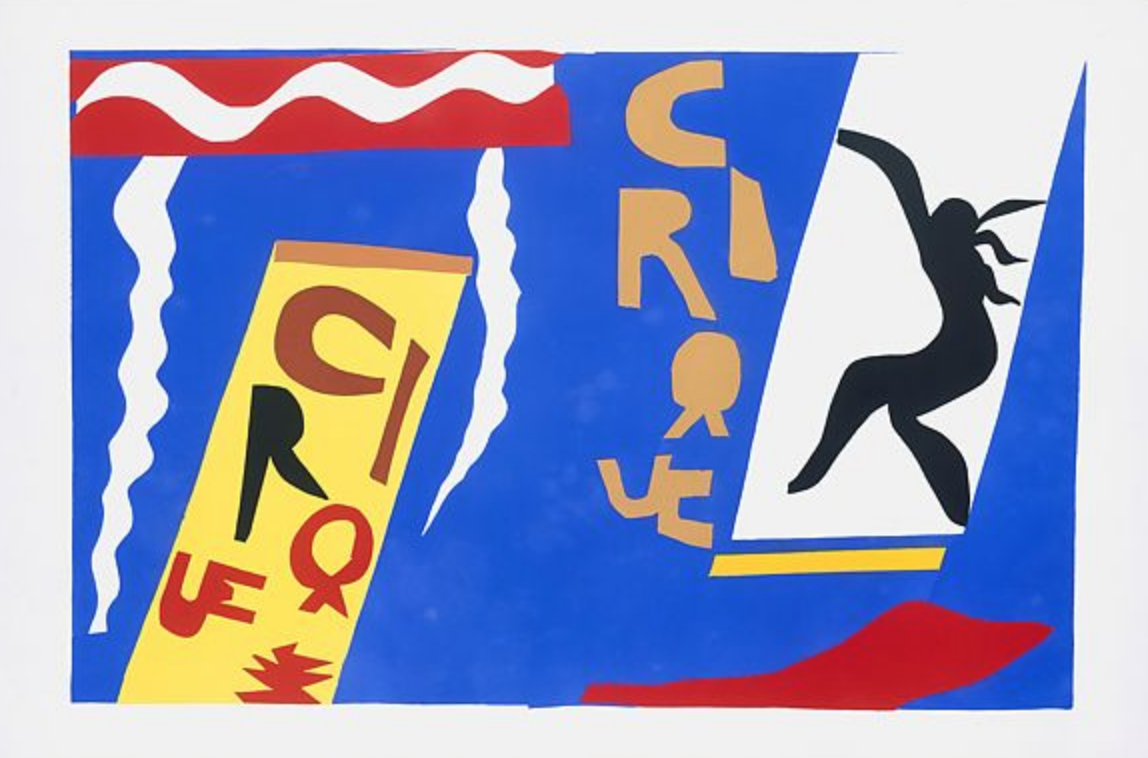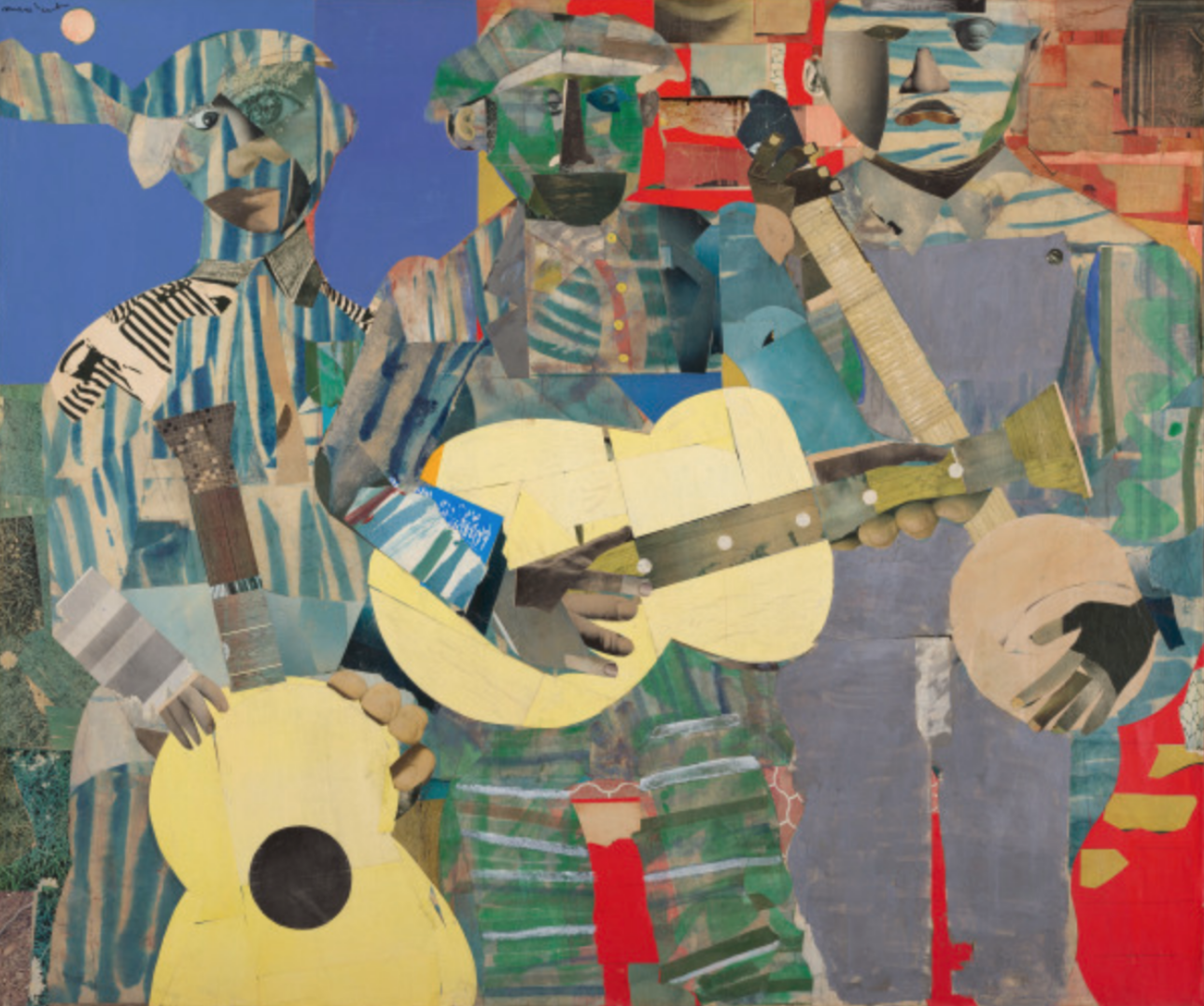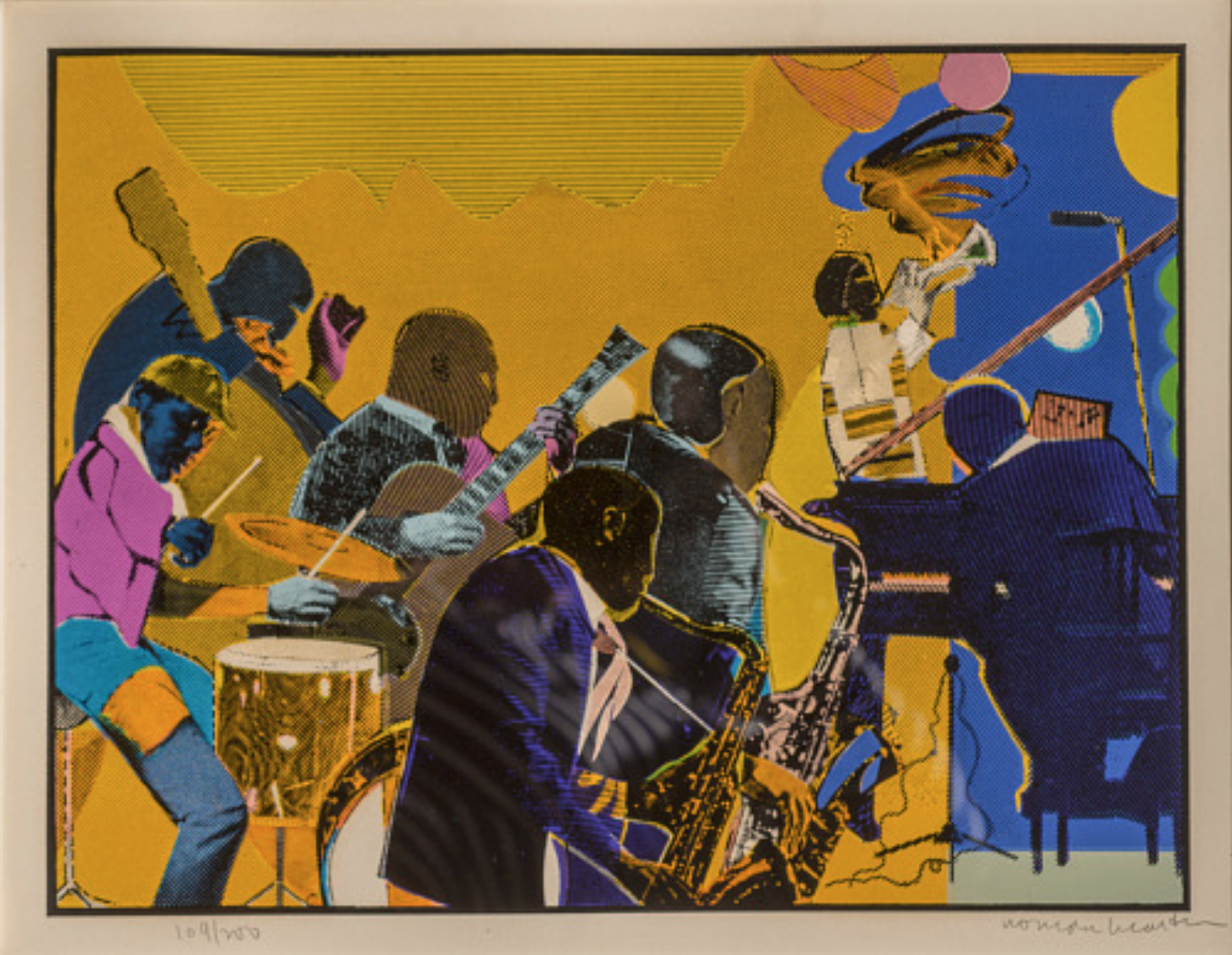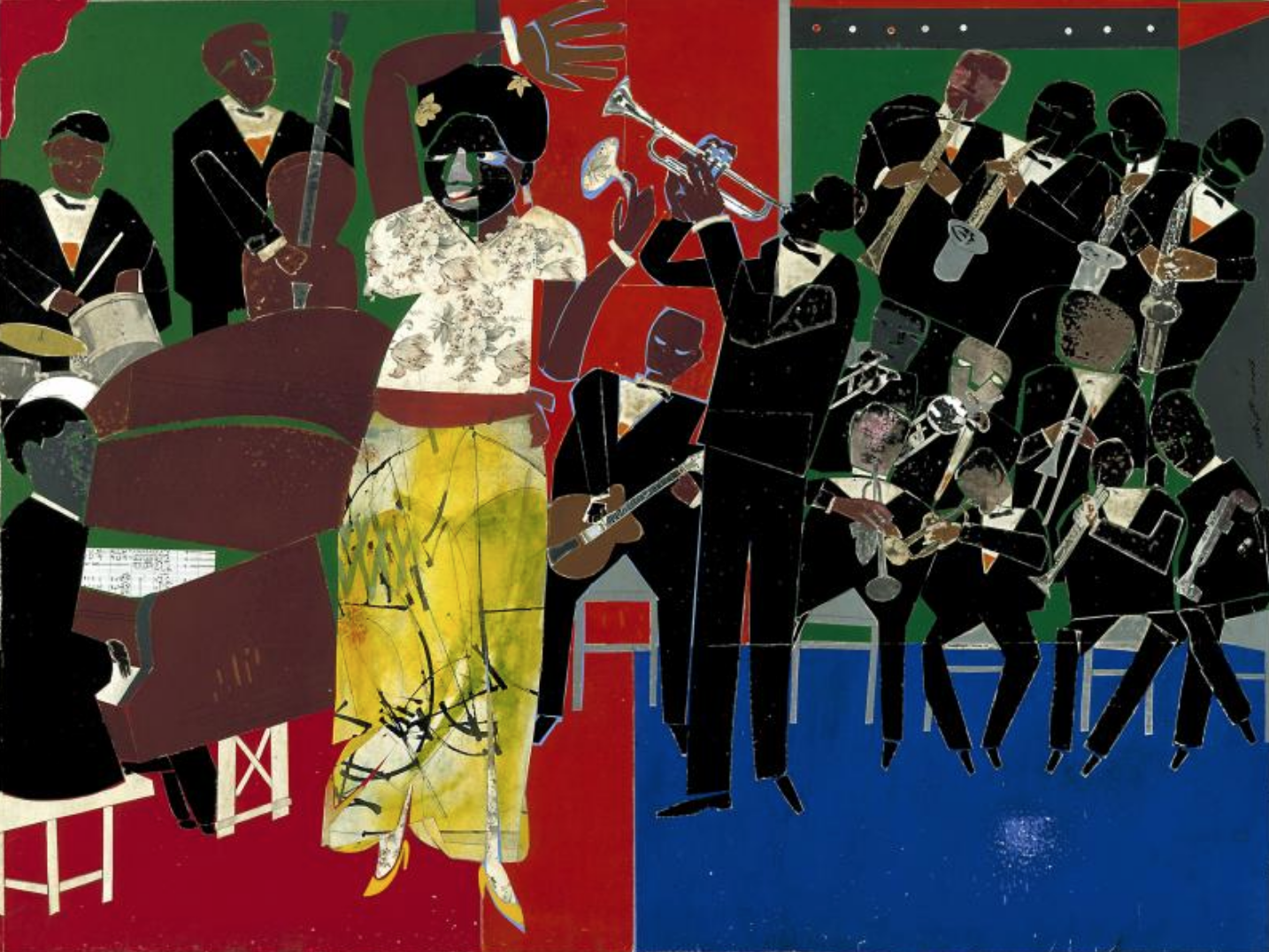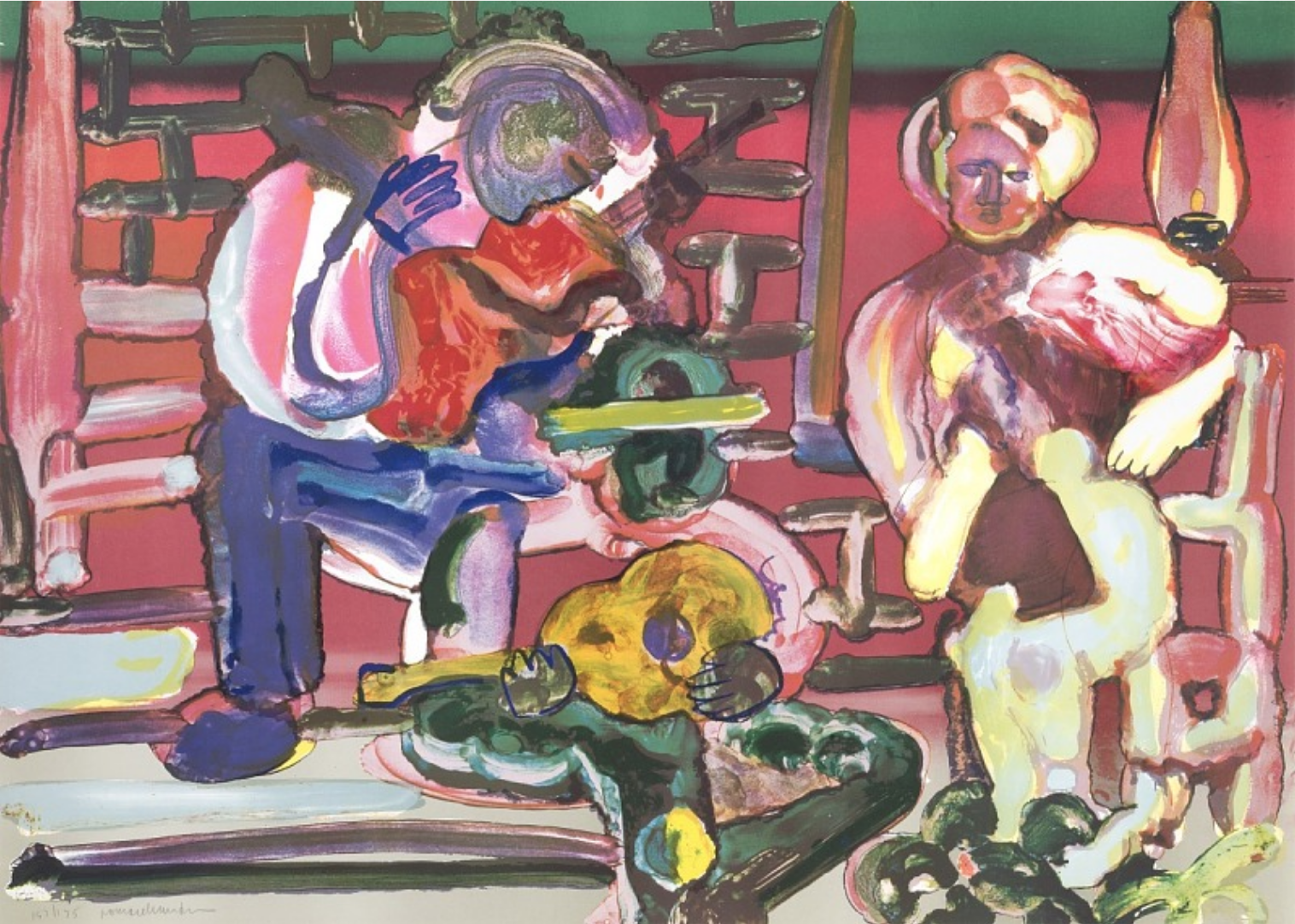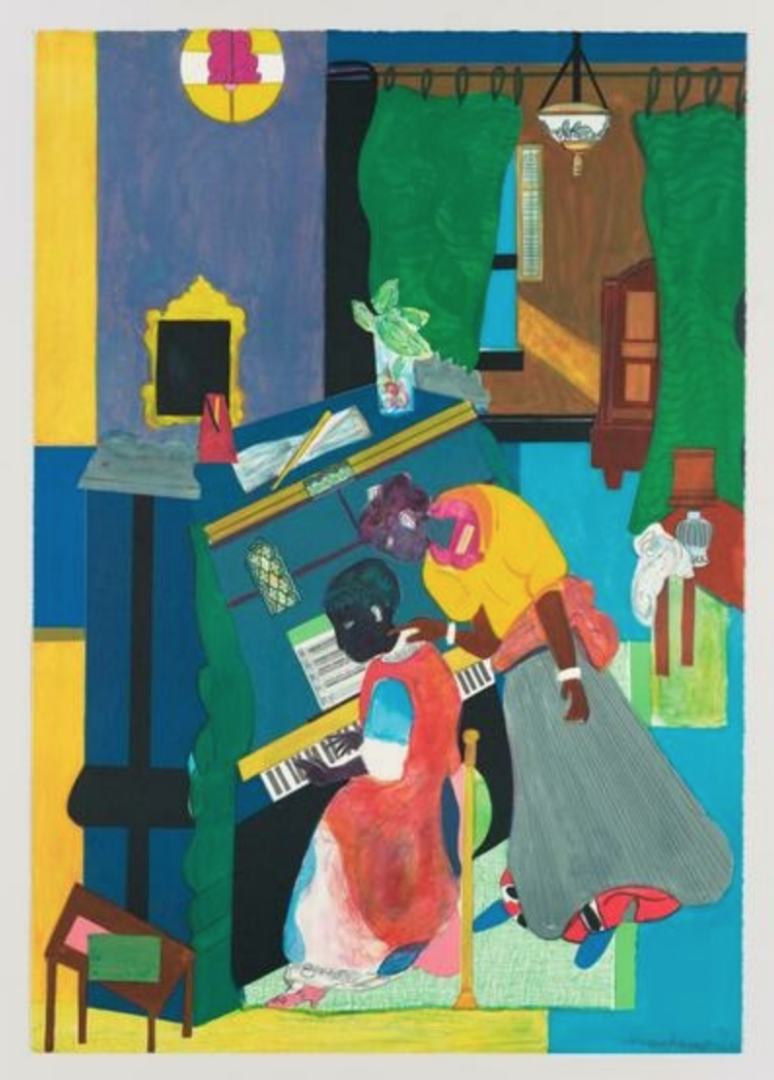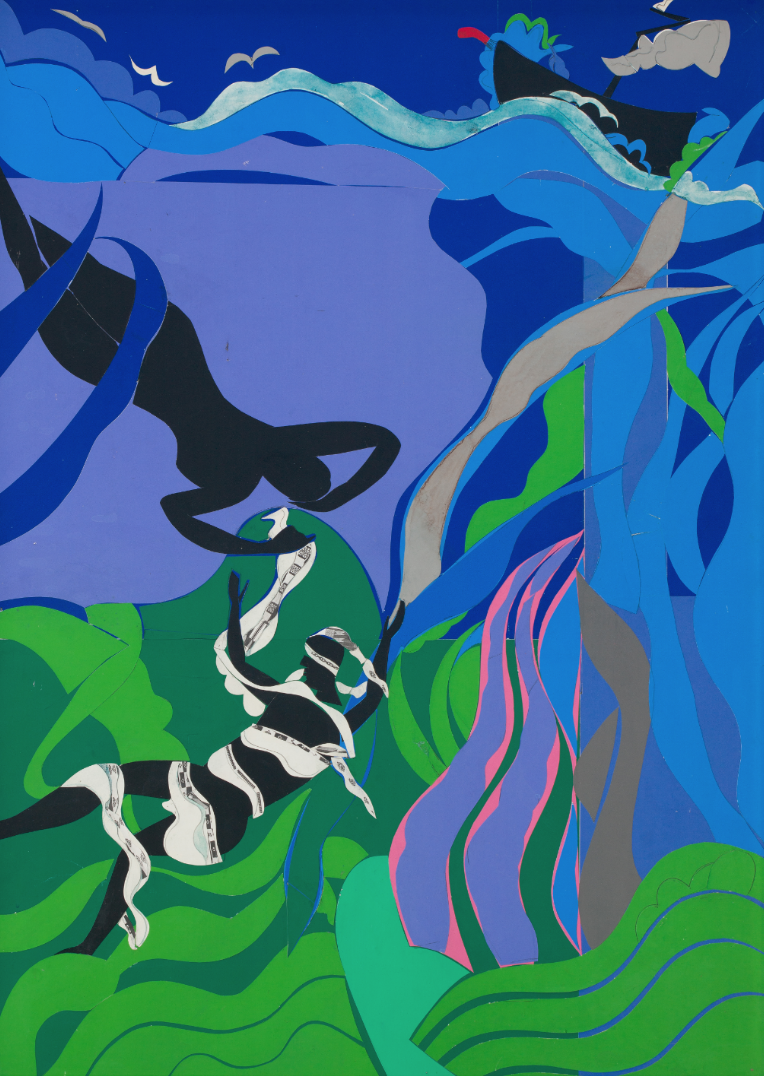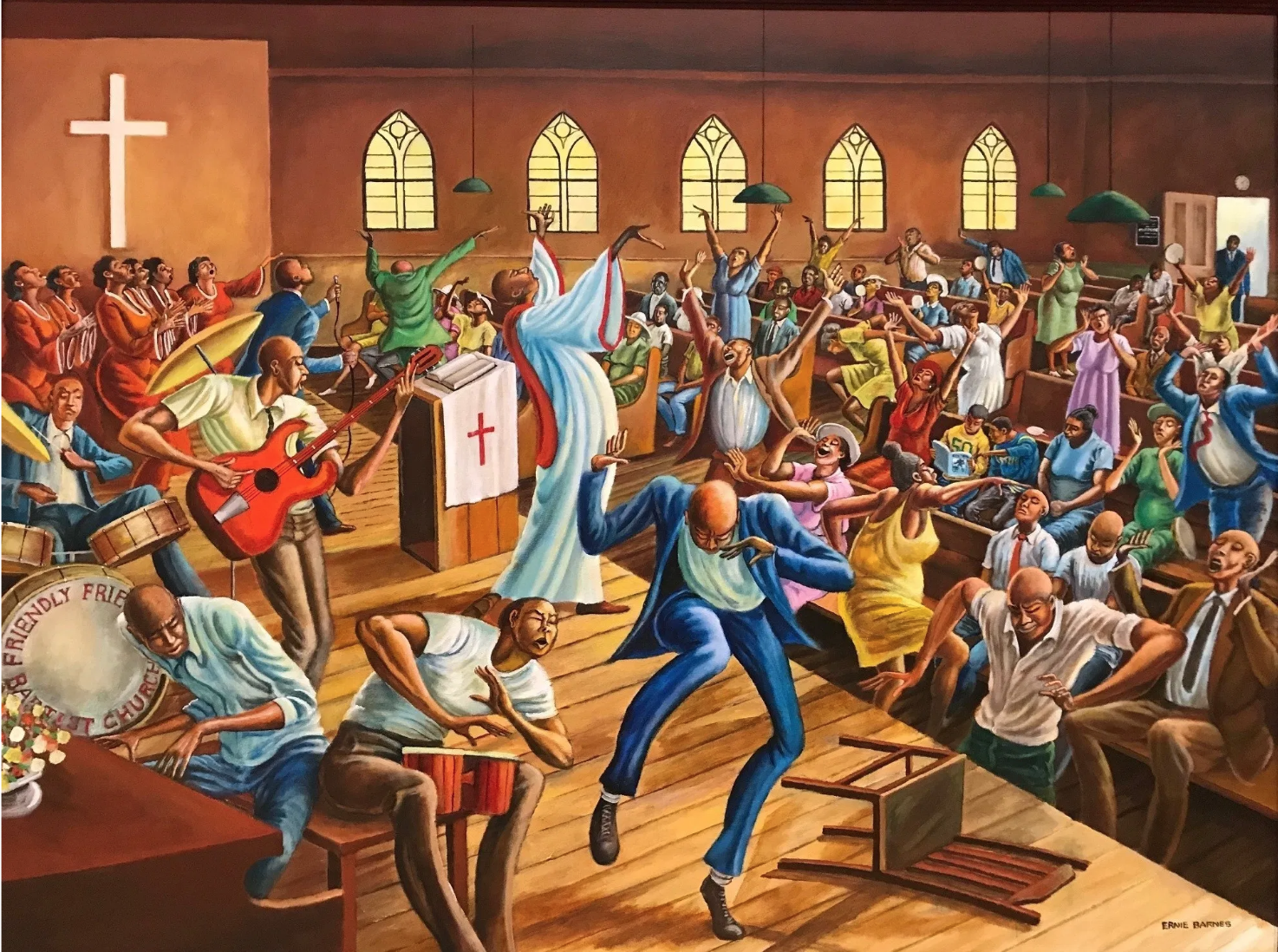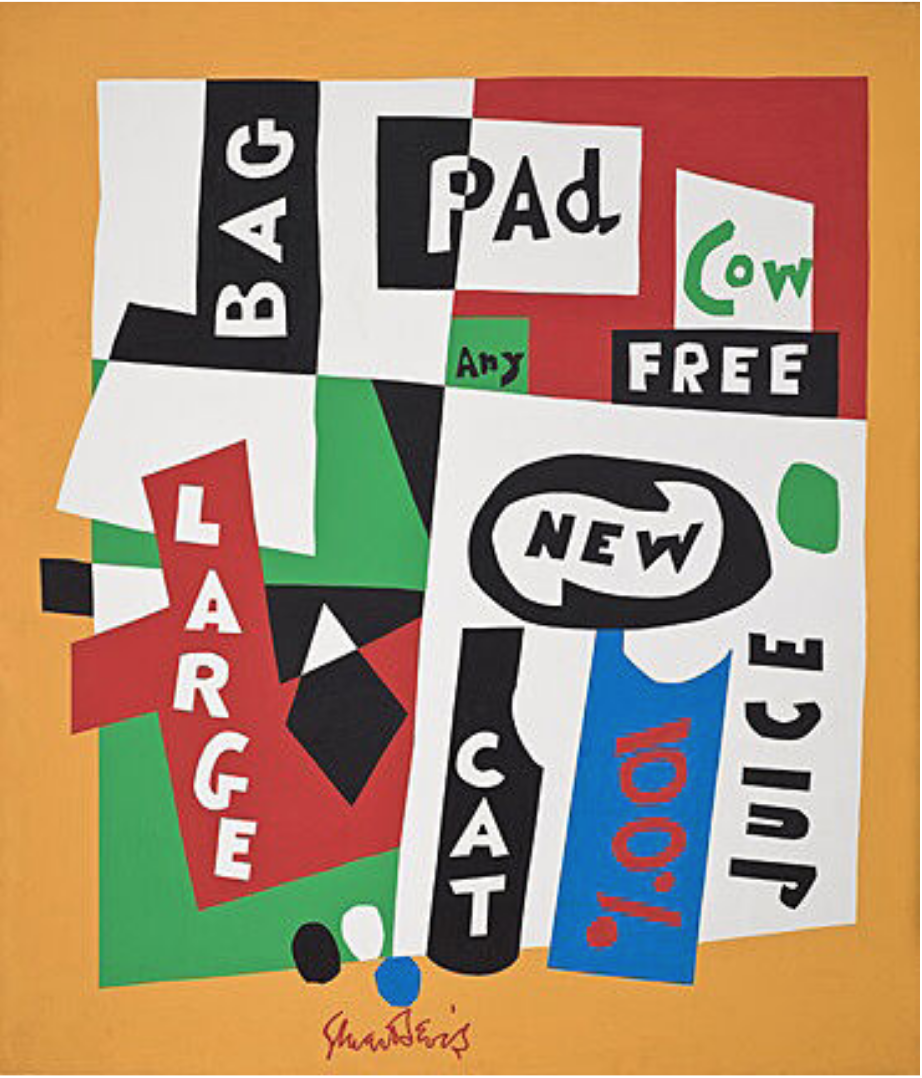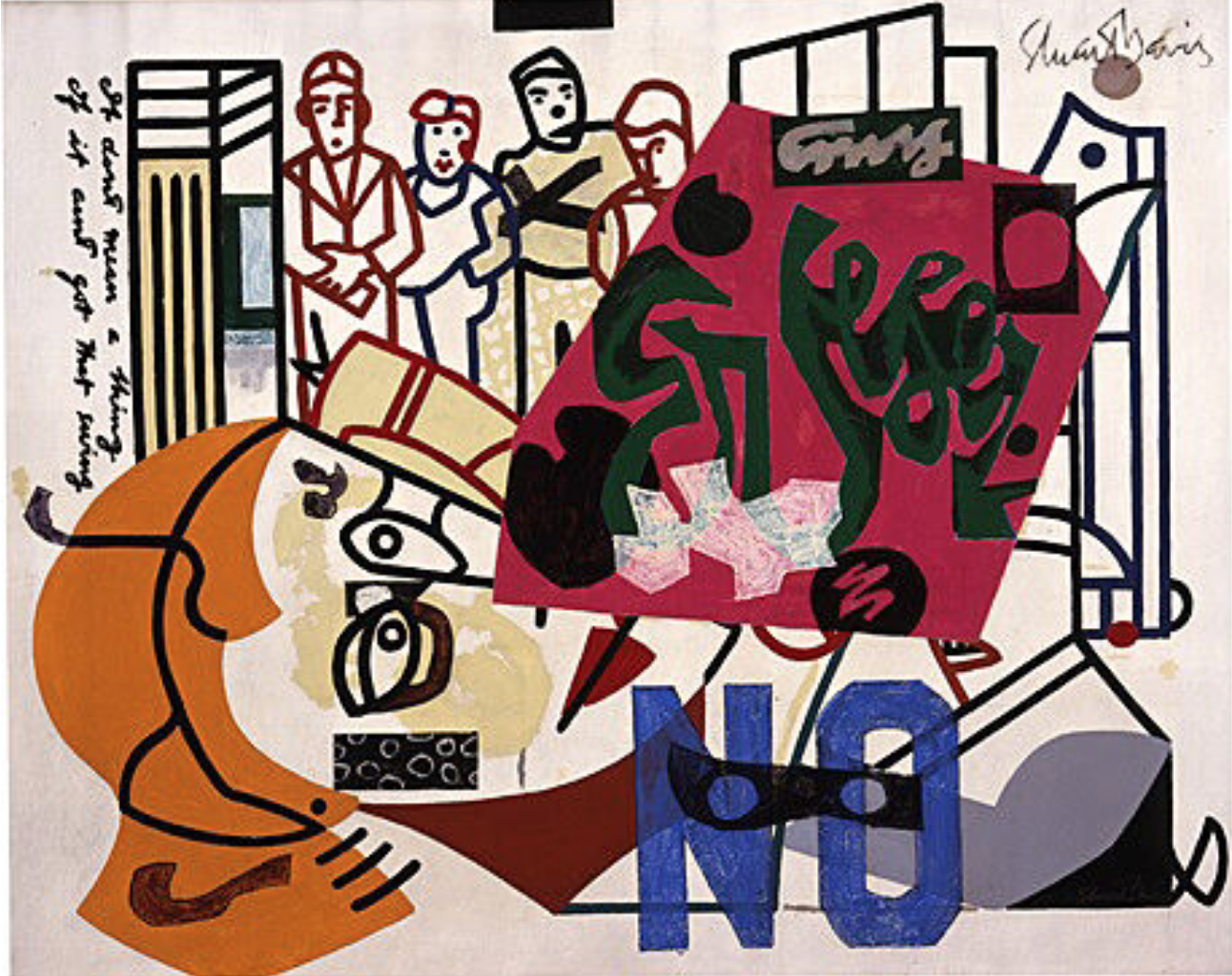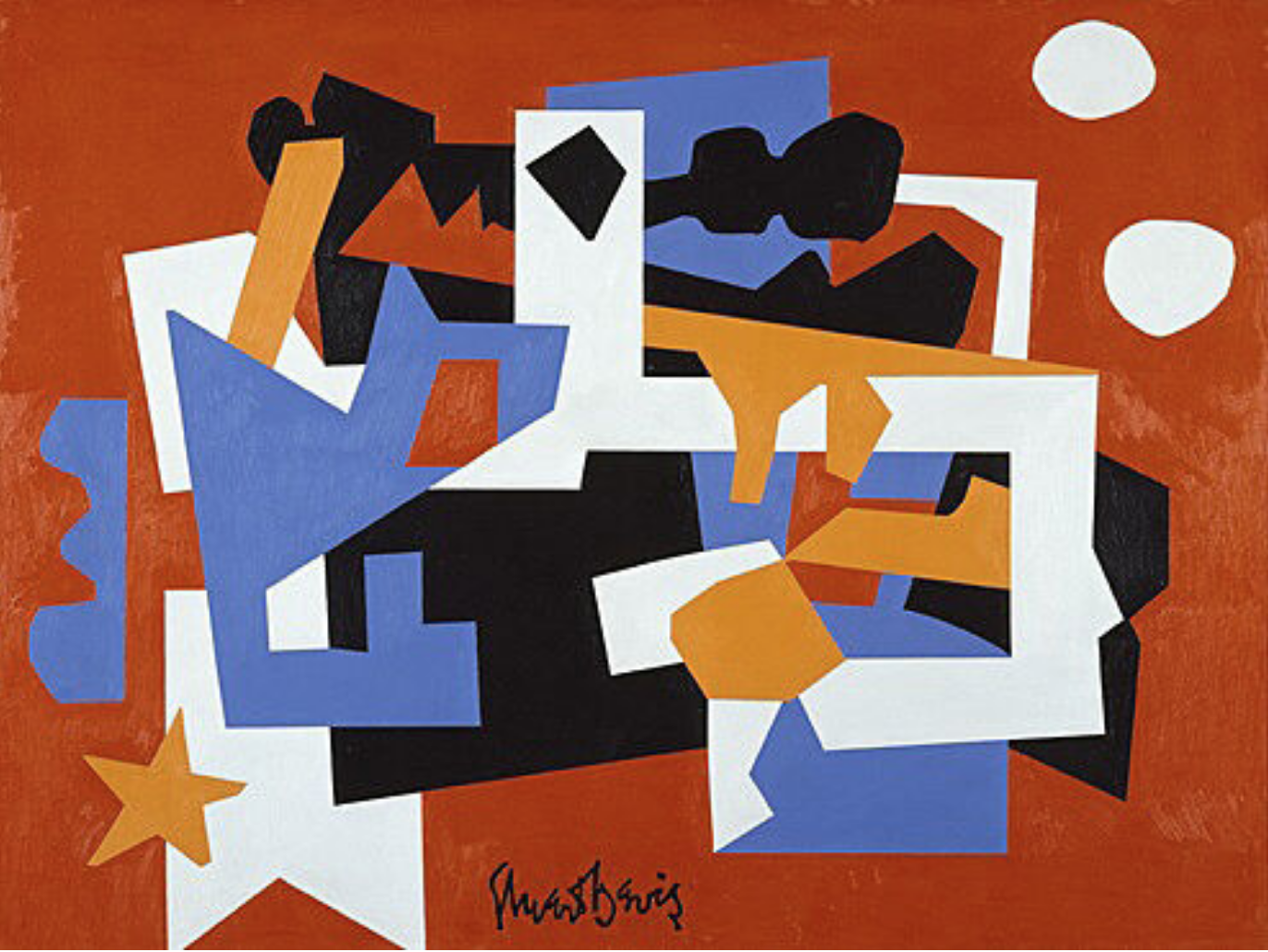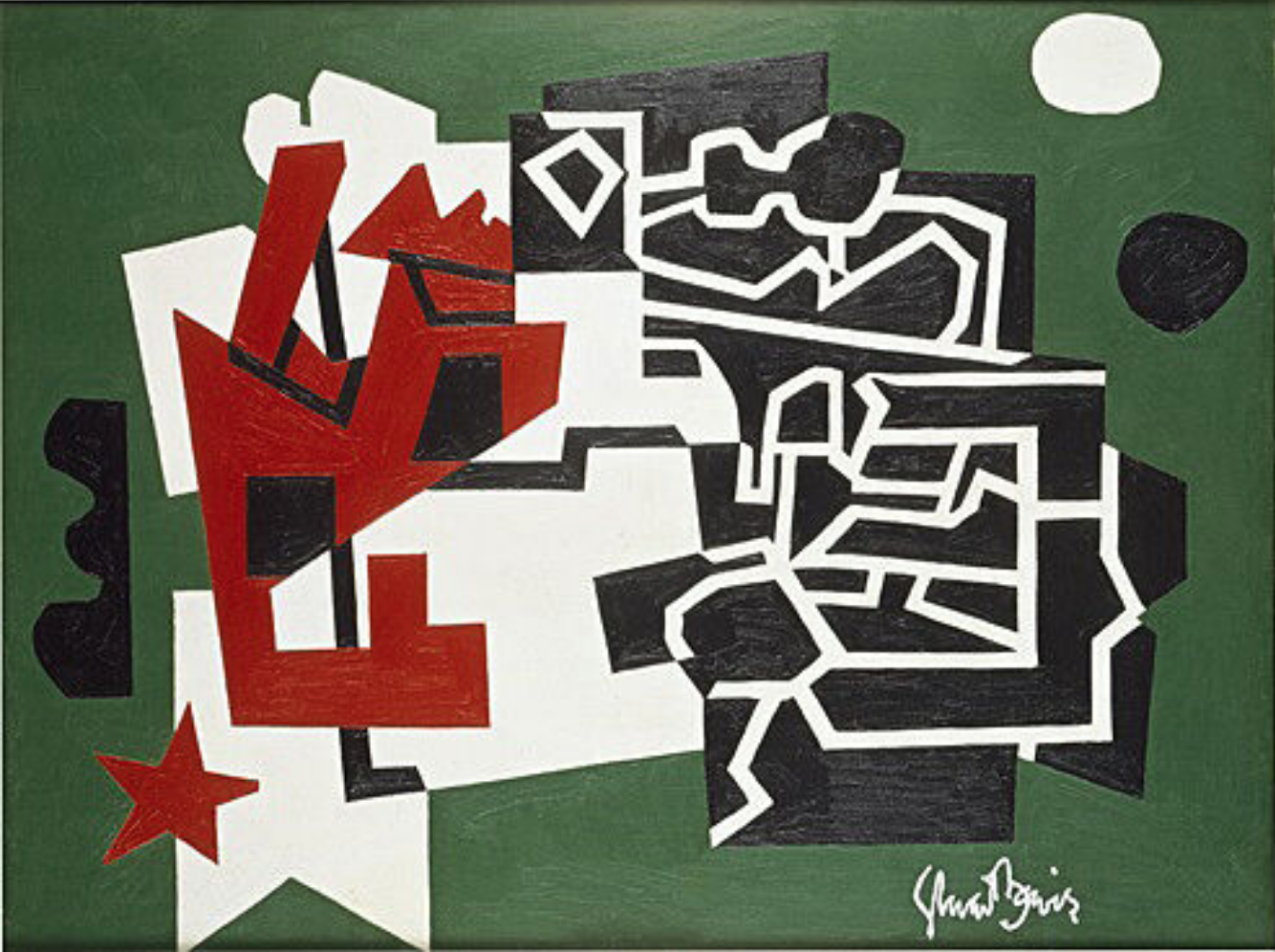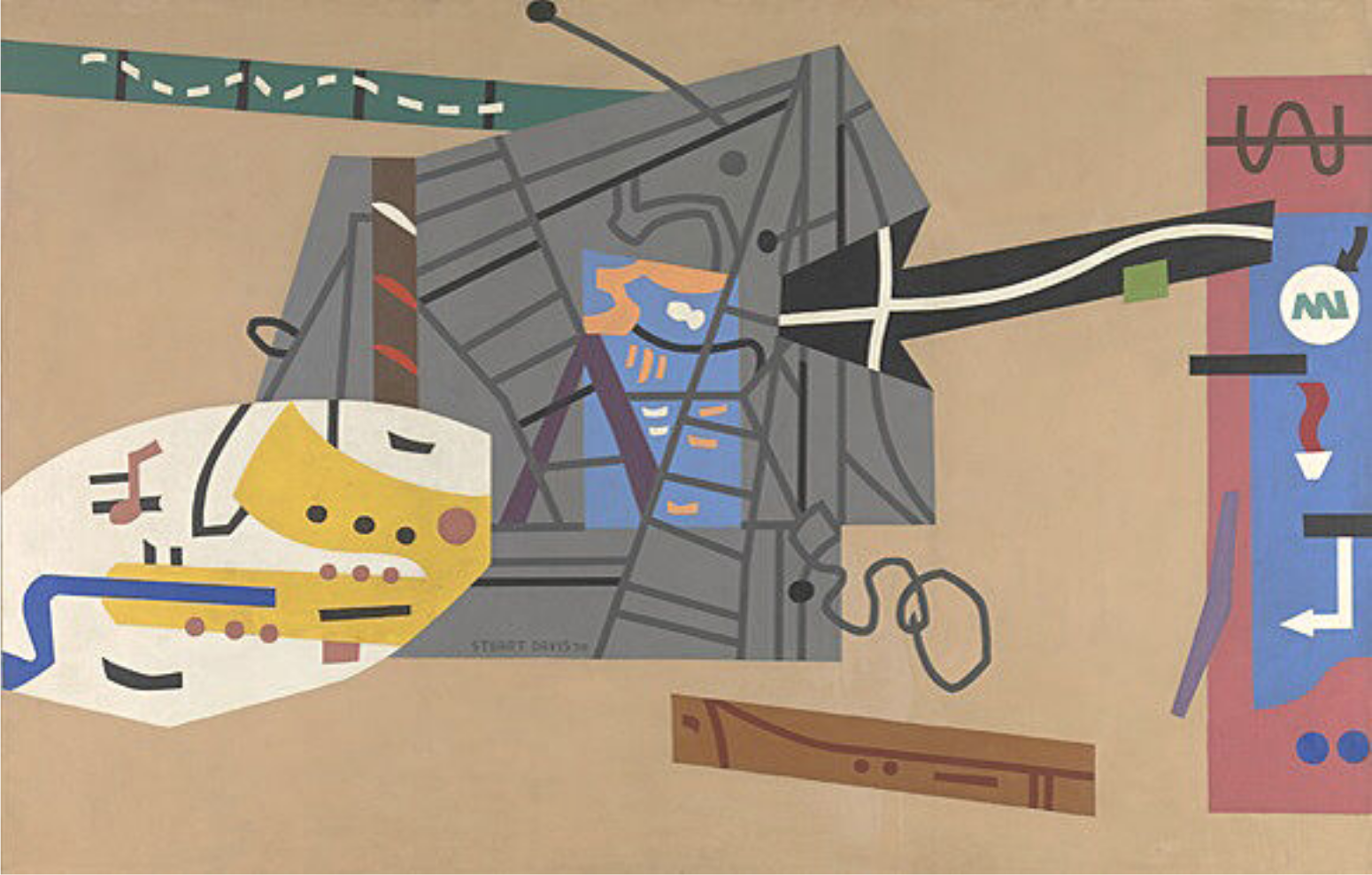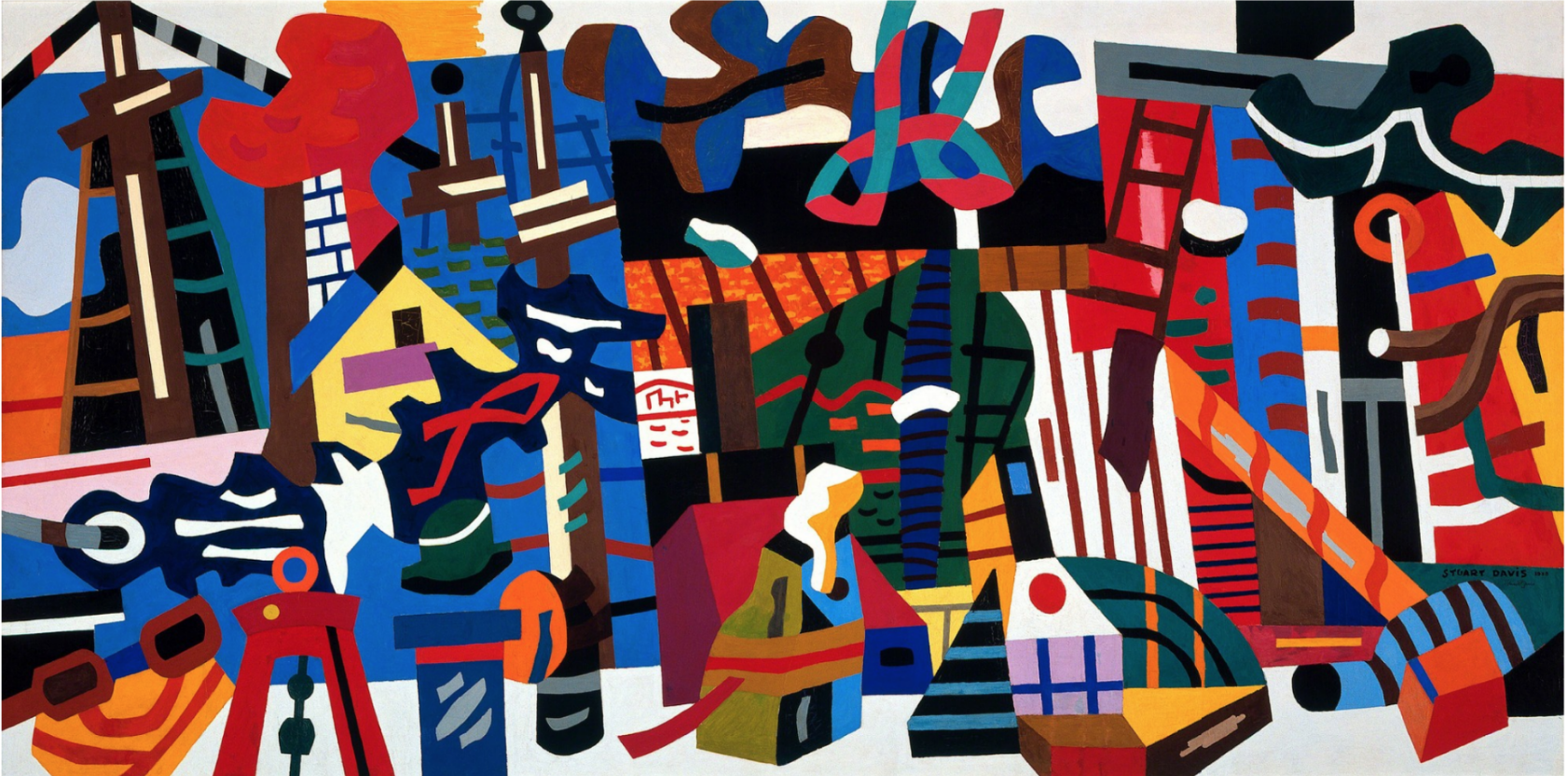Color and Sound
Assignments
Week 1: March 6 - 13
Kandinsky - Responding to Poetry and Music
1. Color palette for this week: Kandinsky’s Two Riders Before Red
5 colors: black, white, red, yellow, blue, green (pre-mix and bottle your colors, or mix as you go)
Vasily Kandinsky Two Riders Before Red (Zwei Reiter vor Rot), (plate, folio 4) from Klänge (Sounds), (1913)
2. Listen to/read the poem “Hills” by Kandinsky, and respond using paint in the color palette listed above
Two choices when responding to the poem:
Respond to the literal narrative of the poem
Respond to the poem in a more abstract way - think of it as simply sounds and don’t focus on the narrative as much
Download a PDF of Hills Poem
3. Listen to the music for this week and respond again using the same color palette
This can be a further development of the poem painting, or a new piece
Week 2: March 13-20
Tonal Disruptors and Kandinsky (continued)
Pick a Kandinsky painting to focus on (options can be found below)
Study the painting - notice how Kandinsky uses line, shape, color and form
You can take notes on the painting, do some free writing/poetry writing in response, or even make a small sketch of it
Create a color palette based off of the painting - pick three/four colors from the painting
After studying your Kandinsky piece, respond to the music for this week using your color palette
You can imitate Kandinsky’s style if you would like, or be as free as you want with your painting approach
Week 3: March 20-27
Kandinsky at the Bauhaus
Spend some time experimenting with these two interactive resources about Kandinsky
Fill out this worksheet about color: Color According to Kandinsky
Listen to the following composition from Eli. As you listen, think about the following questions (take notes if you’d like):
What emotions do you feel listening to this? What smells, tastes, visuals, or memories come to mind?
Compare your reactions to your worksheet about color - and from there build a color palette for your painting.
For example - if this audio makes you feel restless and disturbed - perhaps red will be the primary color for your composition with touches of yellow (Kandinsky wrote that red can be associated with restlessness, and yellow with disturbance).
The subject matter for your painting is up to you - you can keep working on abstraction or paint representationally if you would like. You could also continue to develop your sketches you made in class today using the palette you built.
Week 4: March 27 - April 3
Paul Klee
1. Pick from a Paul Klee painting listed below
There’s three categories : rectangular/grid, figurative, pointillism (divisionist)
2. Study your selected painting
What shapes/forms is he using? How does line operate in the painting? What are the primary elements of the color palette? How does the idea of rhythm come into play?
3. Respond to the music this week, while borrowing colors and visuals from Klee’s paintings to make your own composition
Week 5: April 3-10
Henri Matisse
Choose from the two options below for your assignment this week:
1. “The Parakeet and the Mermaid”
Study Matisse’s “The Parakeet and the Mermaid” collage (view below)
Watch the video of Zenaida Yanowsky’s dance interpretation of Matisse’s work
Create your own collage
Use the pallet from “The Parakeet and the Mermaid”
Use the figure as your subject matter - pull inspiration from the video
“The Parakeet and the Mermaid” by Henri Matisse
2. “Jazz”
Study the plates from Matisse’s Jazz book (view below)
Watch the video of Courtney Pine playing music in response to Matisse’s Jazz
Create your own collage
Focus on one of Matisse’s plates from Jazz and build your palette based off of that
Create your basic shapes and forms based off of the sounds you hear from Courtney Pine’s music
Week 6: April 10-17
Romare Bearden
Listen to the recording (see below) of Duke Ellington and Louis Armstrong playing “It Don’t Mean a Thing (If It Ain’t Got that Swing)
What instrument stands out to you the most as your favorite? Trumpet? Voice? Piano? Drums?
Once you pick an instrument, create a collage or painting that incorporates the instrument and at least one figure
This can be abstracted if you like - doesn’t have to be too literal
Look at Romare Bearden’s work for inspiration (below)
Week 7: April 17 - 23
Jazz, Ernie Barnes and Stuart Davis
Two options:
What is your first memory of experiencing dance?
Paint your memory using Ernie Barne’s work as reference
What does your memory sound like? How tall were you? How did that alter your perspective of the world? How would you represent that memory with a color palette?
Pick a Stuart Davis painting and remix it/recreate it
Pick a Jazz tune from the list below that you feel “sounds” like your painting
“Dipper Mouth Blues”- Louis Armstrong
“Maple Leaf Rag”-Scott Joplin
“Tiger Rag” - ODJB
“Sing sing sing” - Benny Goodman
“Donna Lee” - Charlie Parker
“Take Five” - Dave Brubeck Quartet
“Four” - Mikes David Quartet
“Lonely Woman” - Ornette Colman
“Actual Proof” - Herbie Hancock

